Infinity Threads
We weave connections through inspiring stories and valuable knowledge, crafting a network of success and sustainability.
What Are Hygge, Feng Shui, Wabi-Sabi & Lagom? Wellness Interior Design Explained
Read more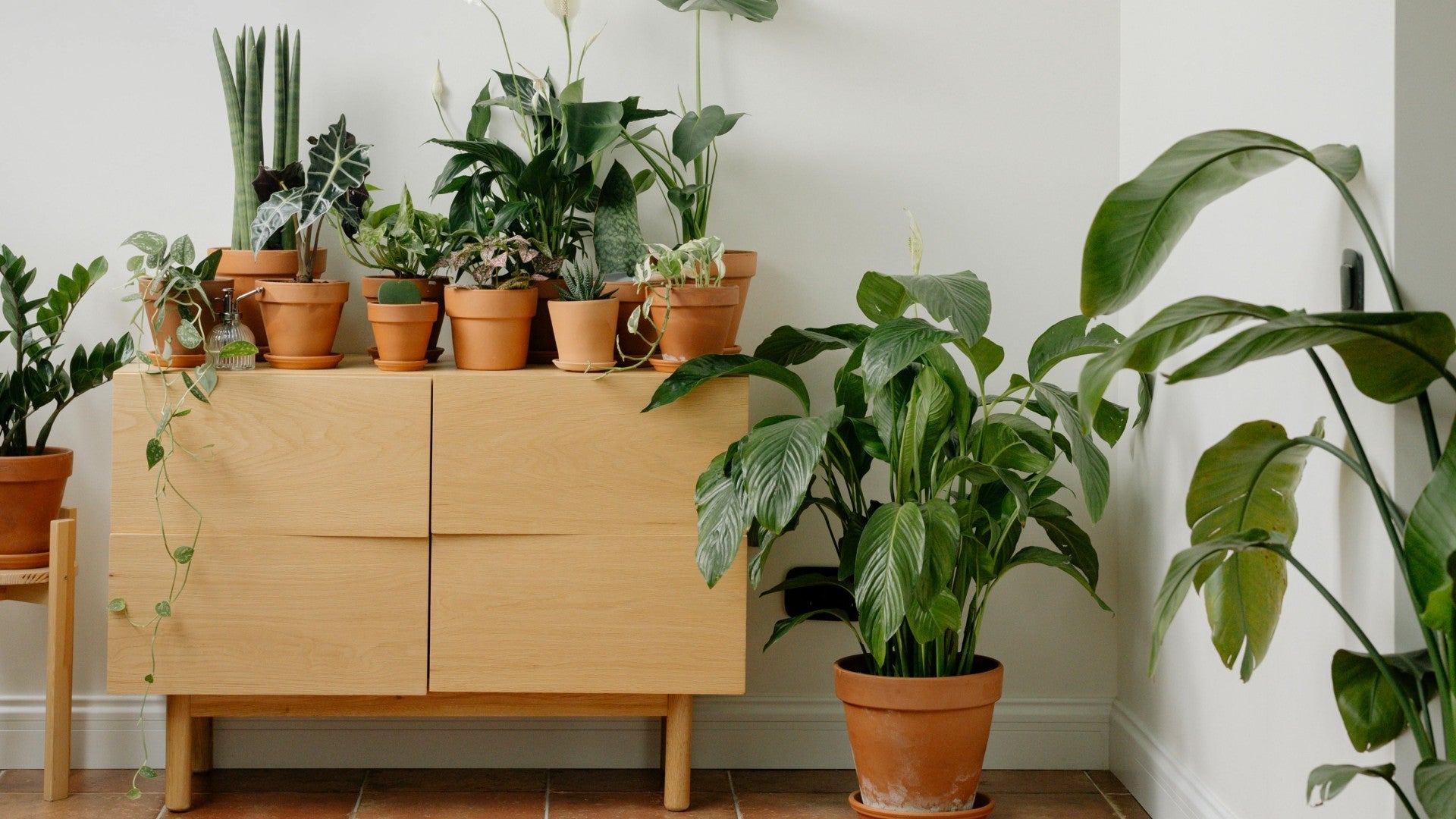
Will Summer 2025 Be Hot? 4 Cool Ideas to Beat the Heat (and Stay Conscious)
Read more
4 Ways to Protect Biodiversity
Read more
Don’t Make Black Friday Darker Than It Already Is
Read more
Tips and Tricks for a More Sustainable Halloween
Read more
A Beginner’s Guide to Upcycling
Read more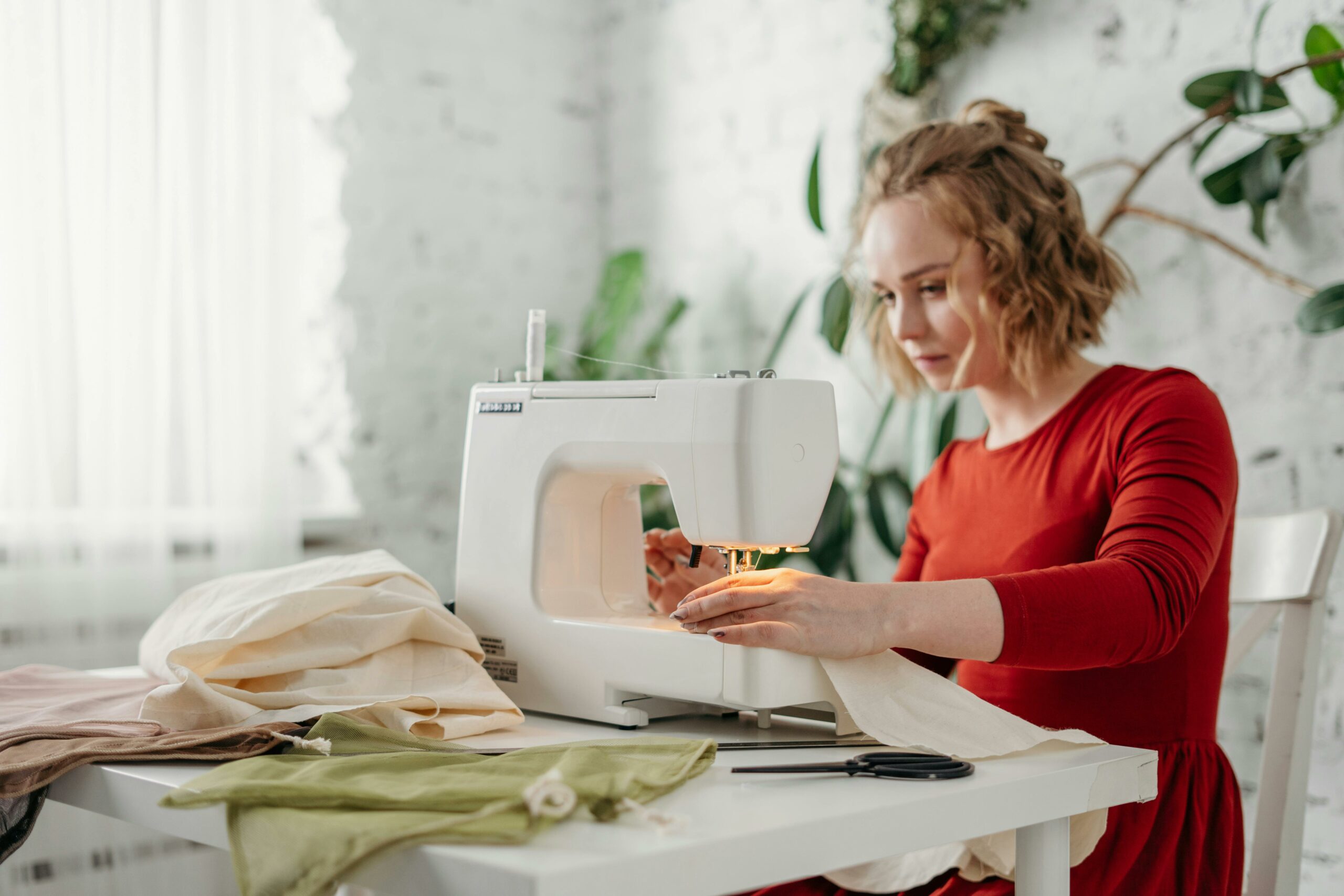
The Summer Challenge: Sunbather, Mountaineer or City Lover?
Read more
How to Cultivate a More Conscious Approach to AI
Read more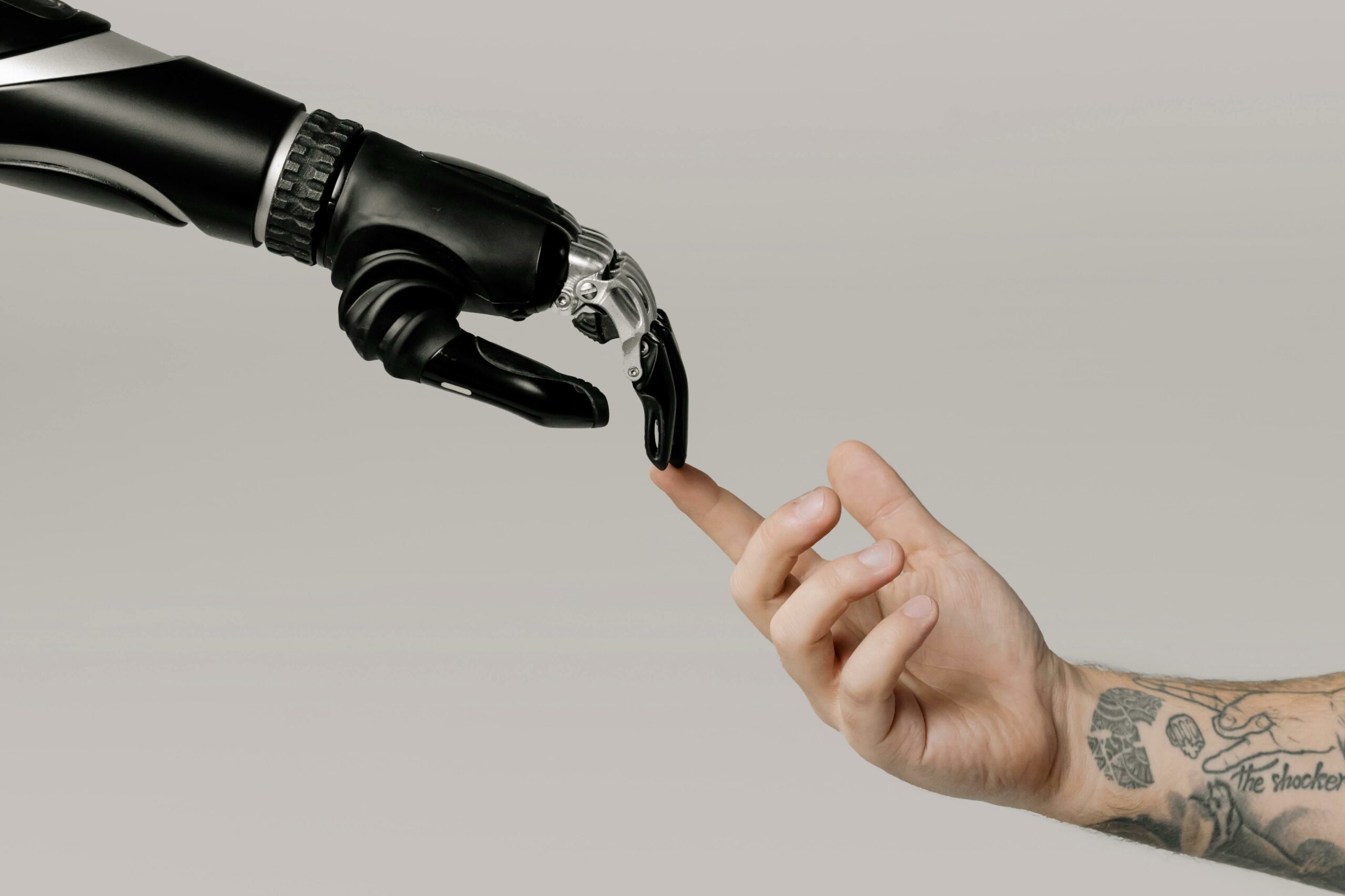
Unraveling the Layers of Diversity and Inclusivity in Fashion
Read more
4 Sustainability Tips For Your Daily Routine
Read more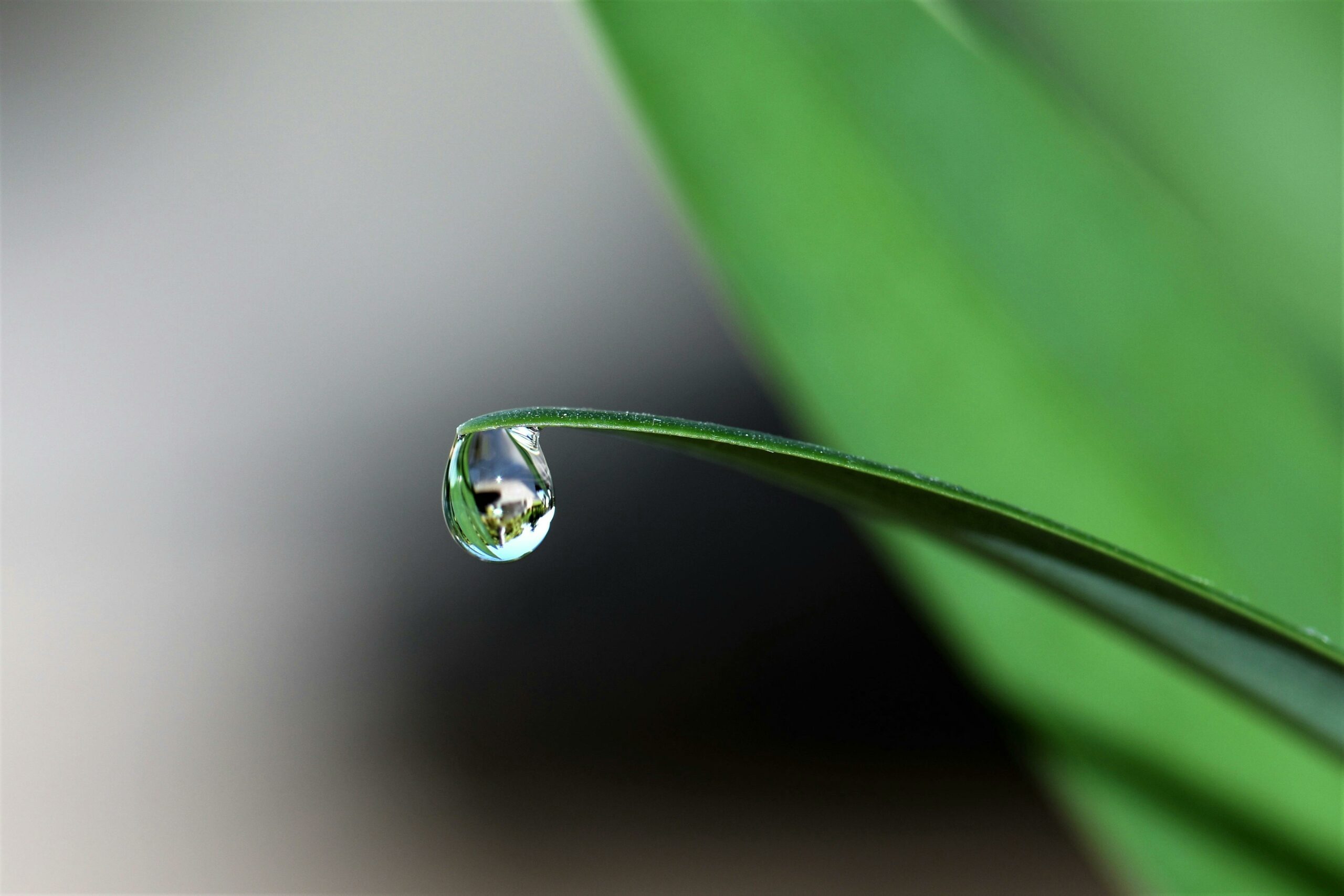
How To Build a Mindful Wardrobe
Read more
3 Sustainability Myths You Shouldn’t Buy Into
Read more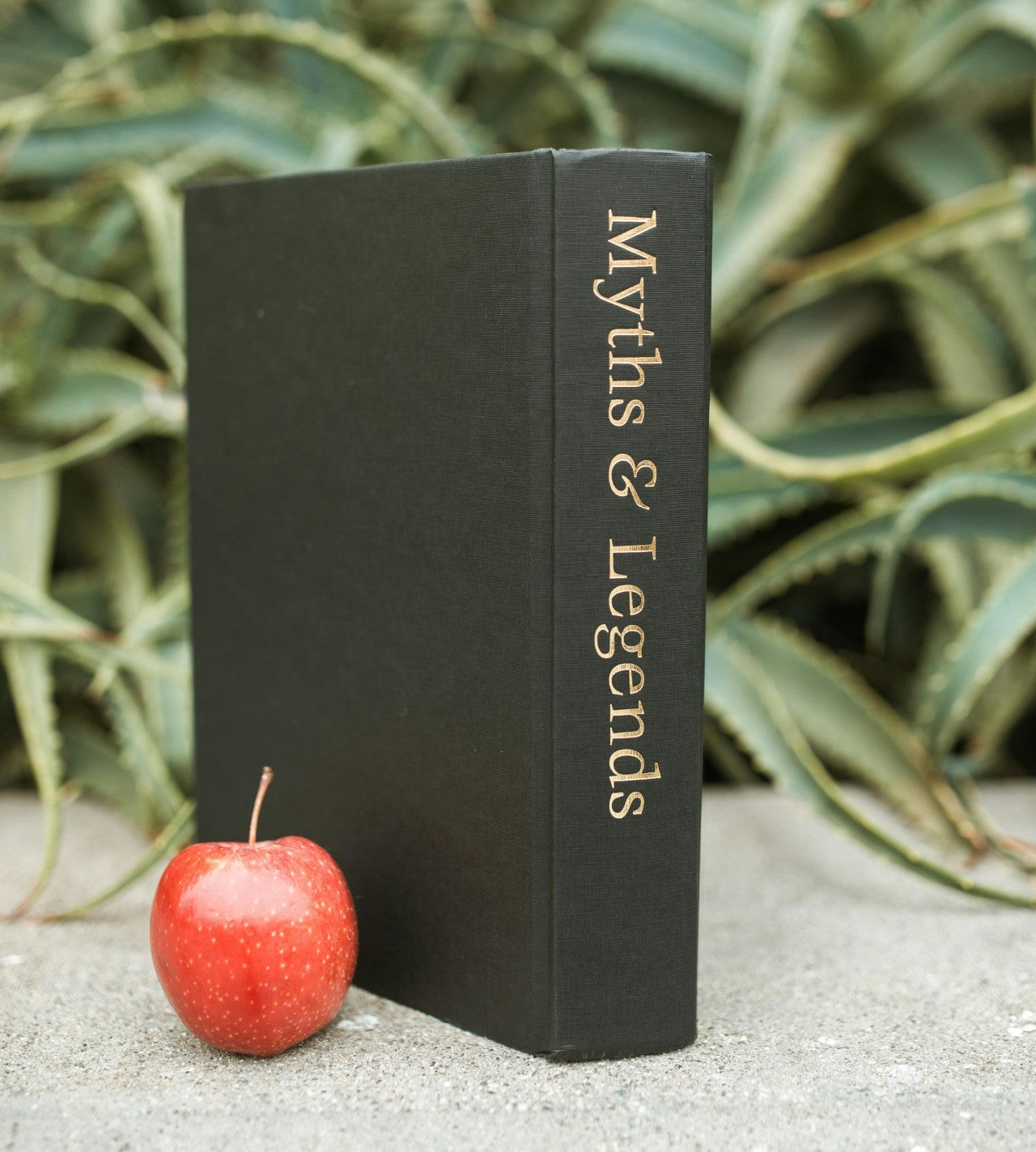
A New “Design for All”
Read more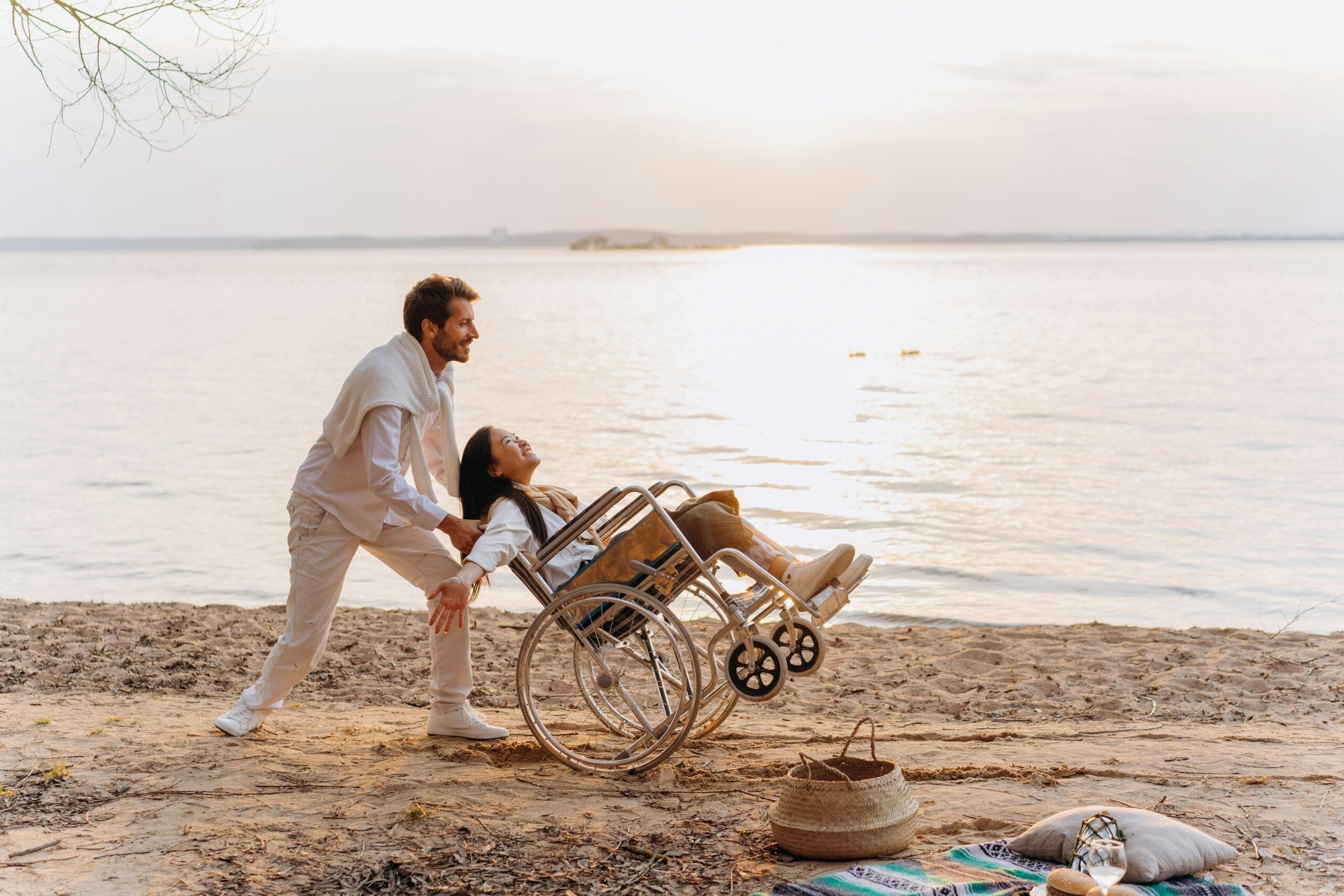
3 Easy Steps to Make Your Community More Sustainable
Read more
Green Carpet Fashion Awards 2024: Italy in the Spotlight
Read more
5 Steps to Reduce Microplastics Release from Textiles
Read more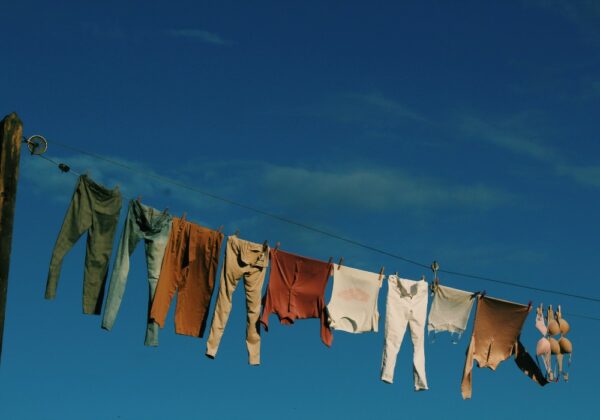
How to embrace a more sustainable lifestyle starting from today in 8 steps
Read more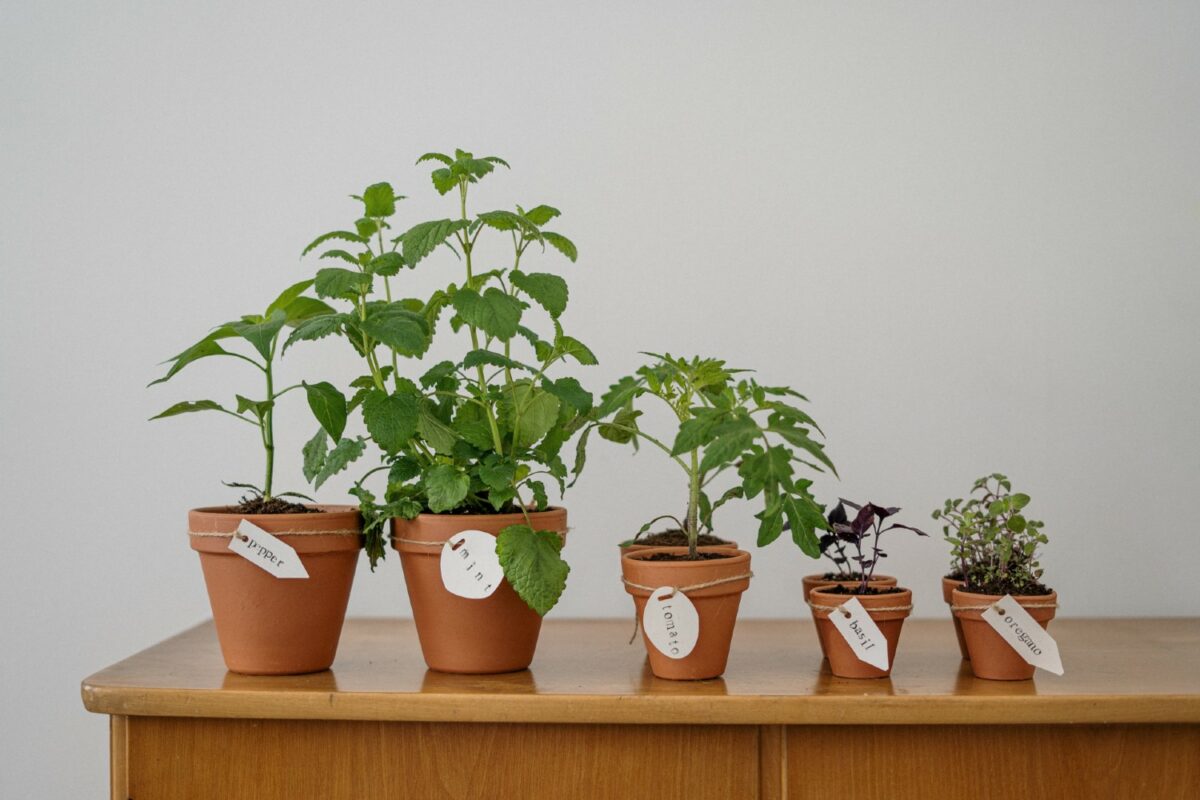
7 Ways to Drive Change in the Fashion Industry This Earth Day
Read more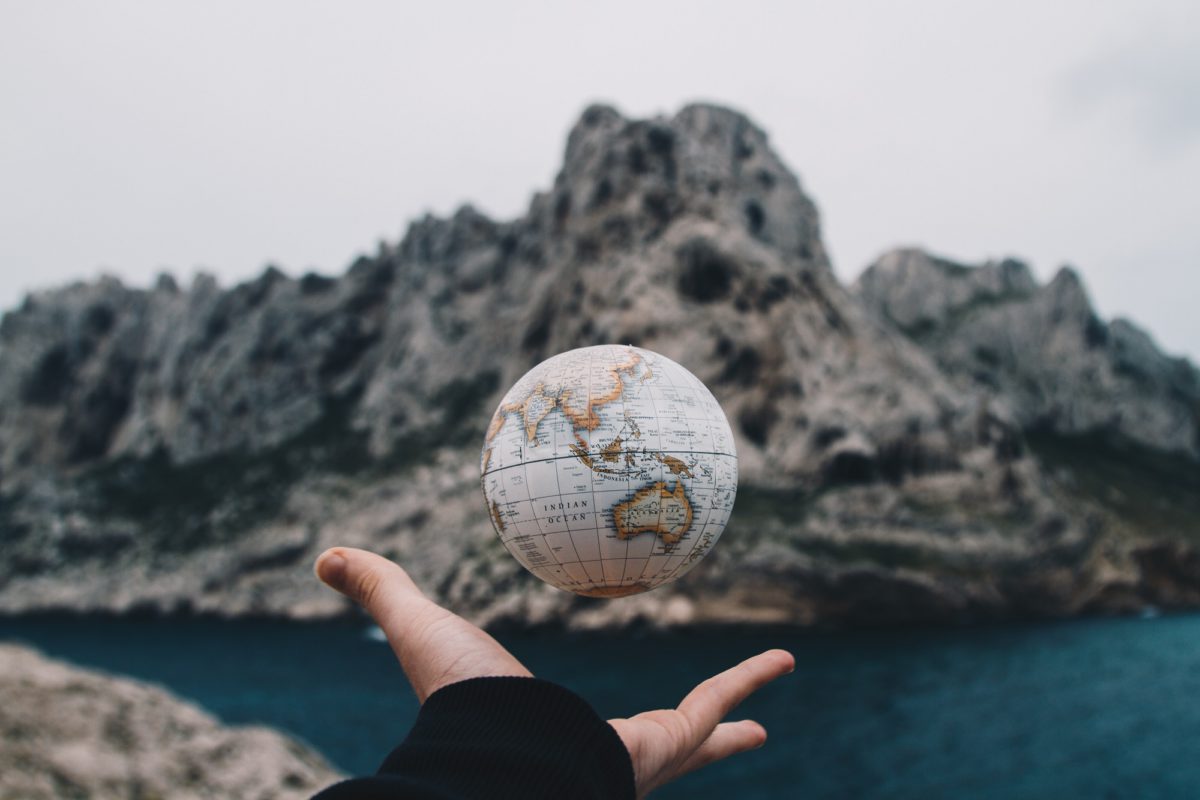
3 Tricks for Transforming Your Habits Towards a Sustainable Lifestyle
Read more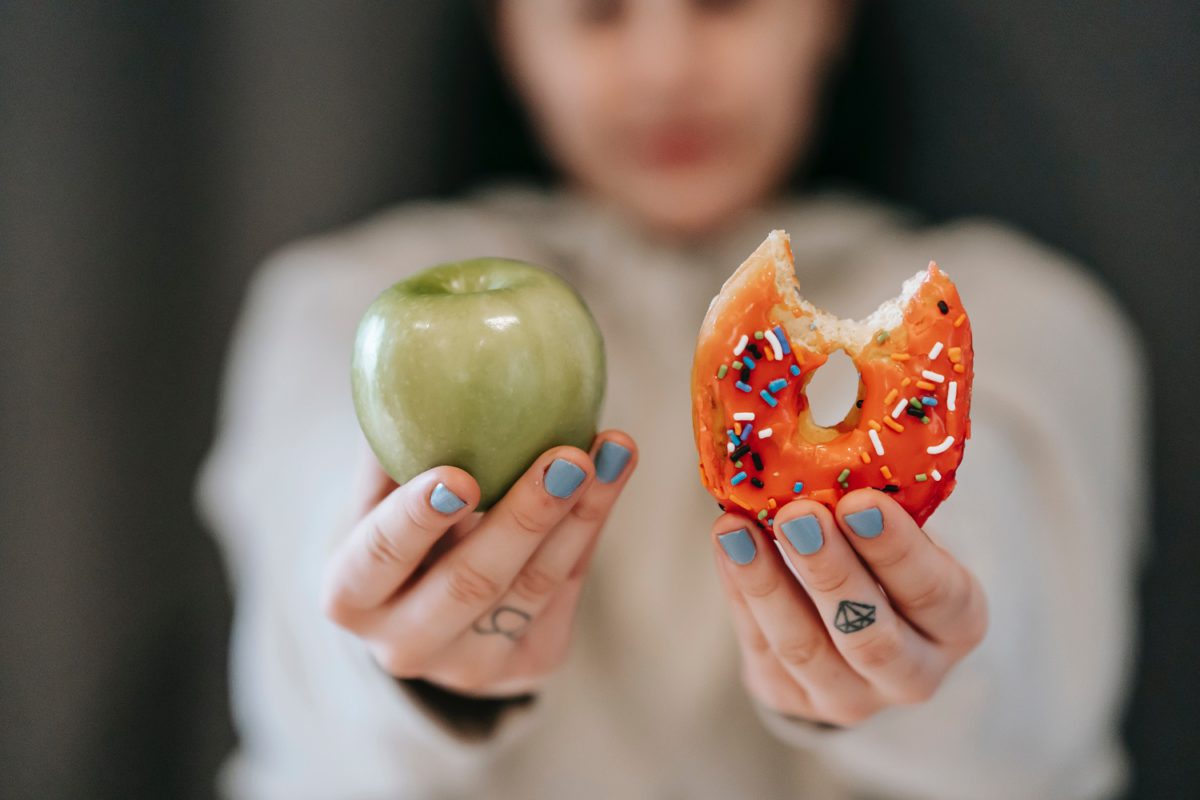
Which sustainable consumer are you?
Read more
3 Tips to Avoid the “Trend Mania” Fashion Culture
Read more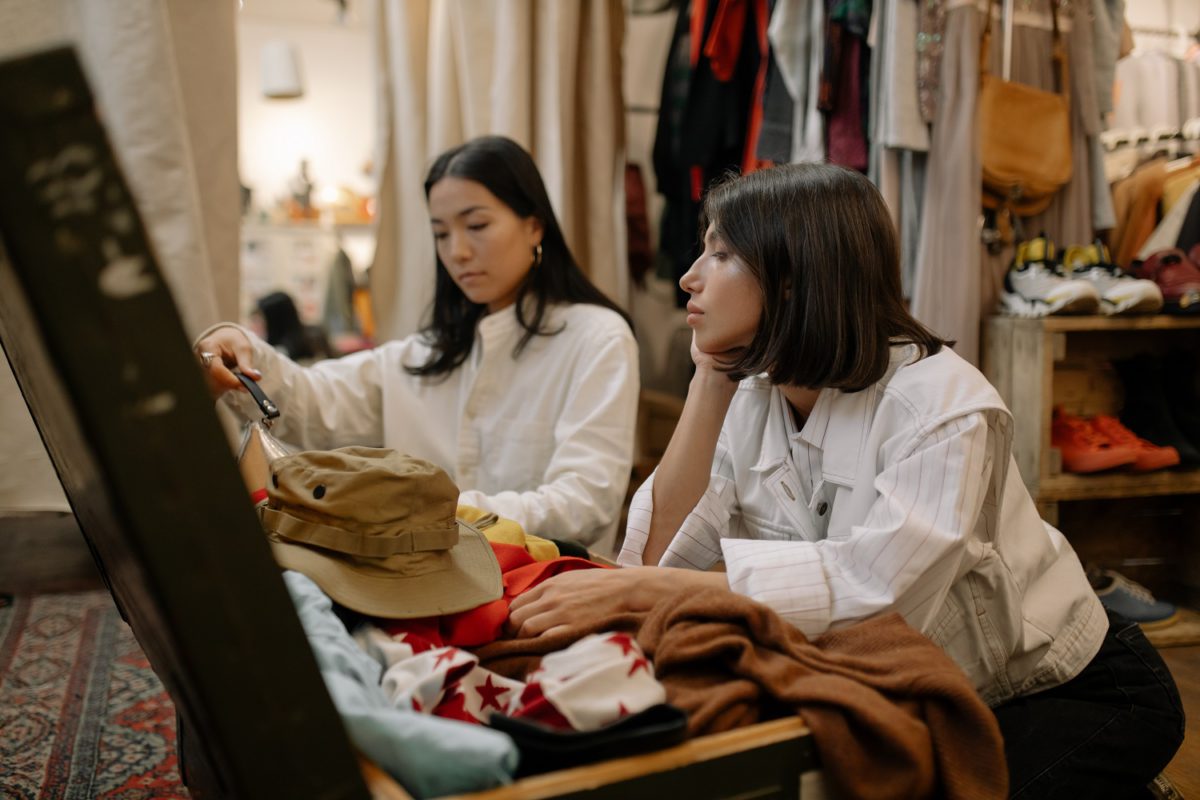
Fashion as a Force for Good: Best Practices from 3 Brands Supporting Mental Health and Wellness
Read more
Well fashion: for the people, the planet and prosperity
Read more
Is Deadstock the New Green in Sustainable Fashion?
Read more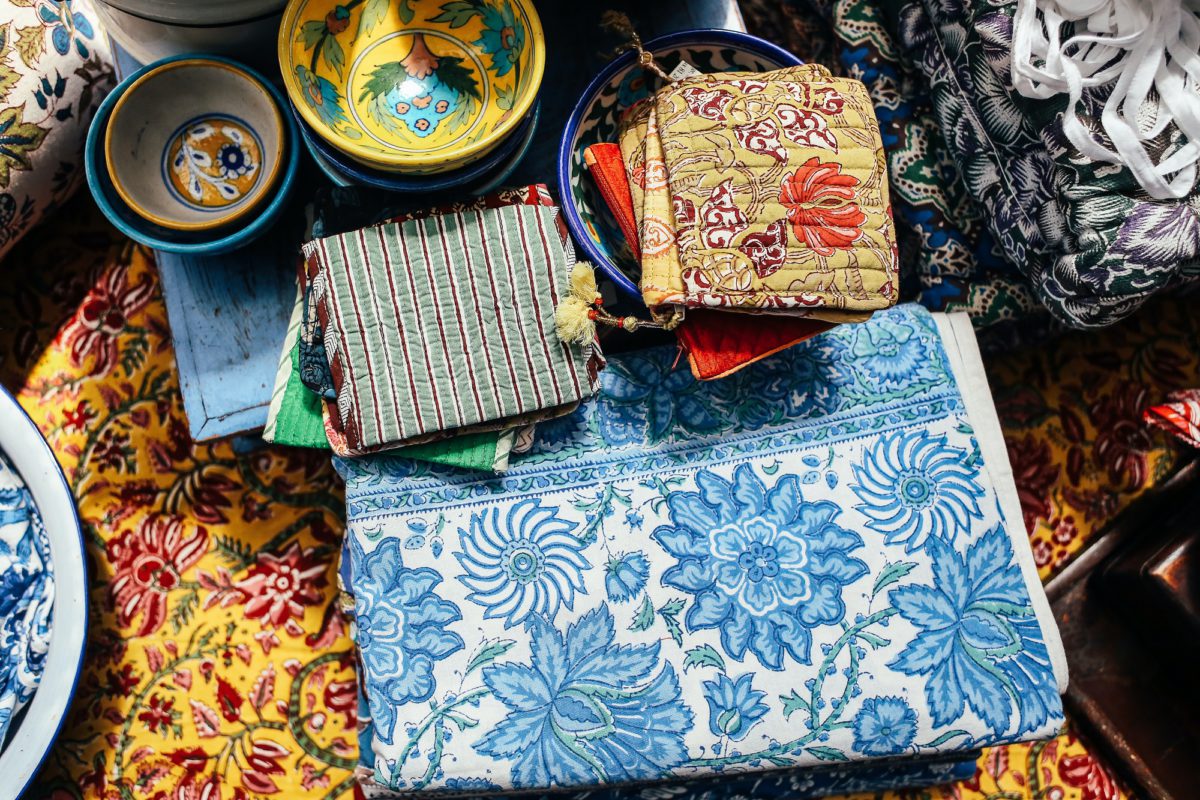
A Dark Side to Unsold Fashion – and How to Change It
Read more
5 Influencers who advocate Greener Living
Read more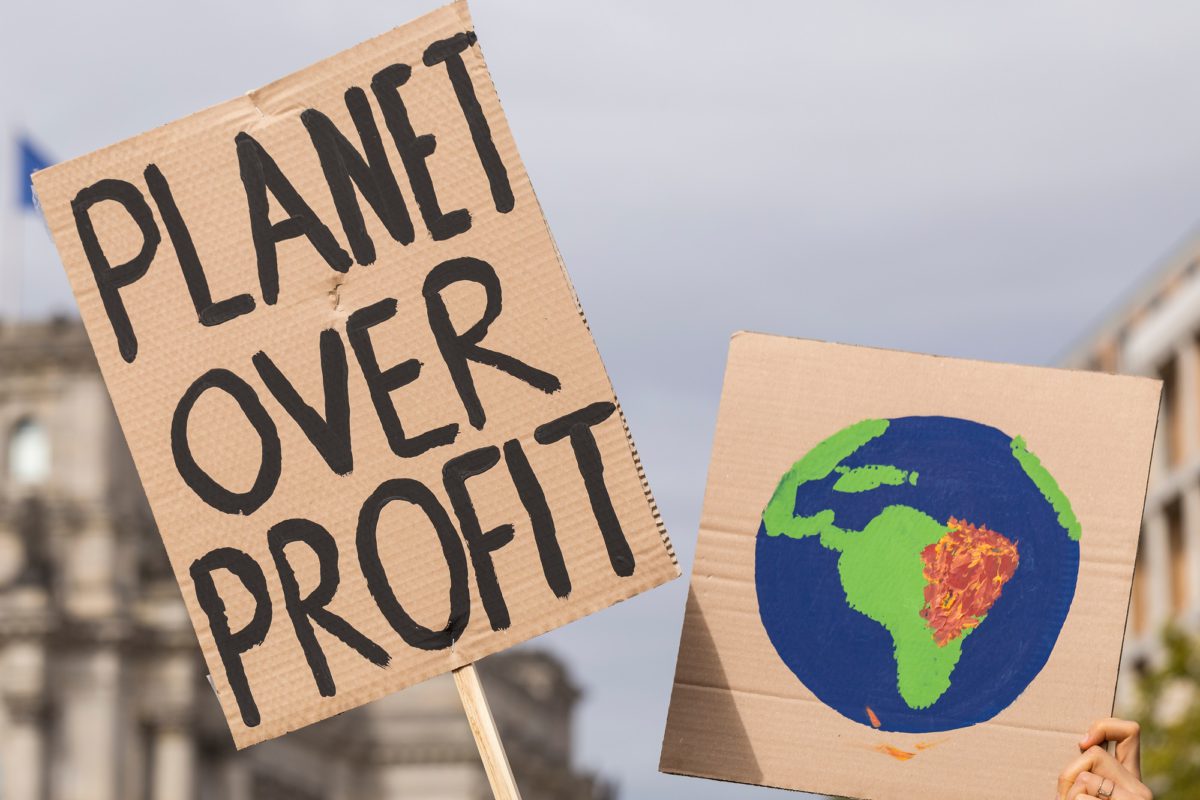
How to sustainably buy & decorate your Christmas tree
Read more
Happy birthday to the #ClimateChange movement!
Read more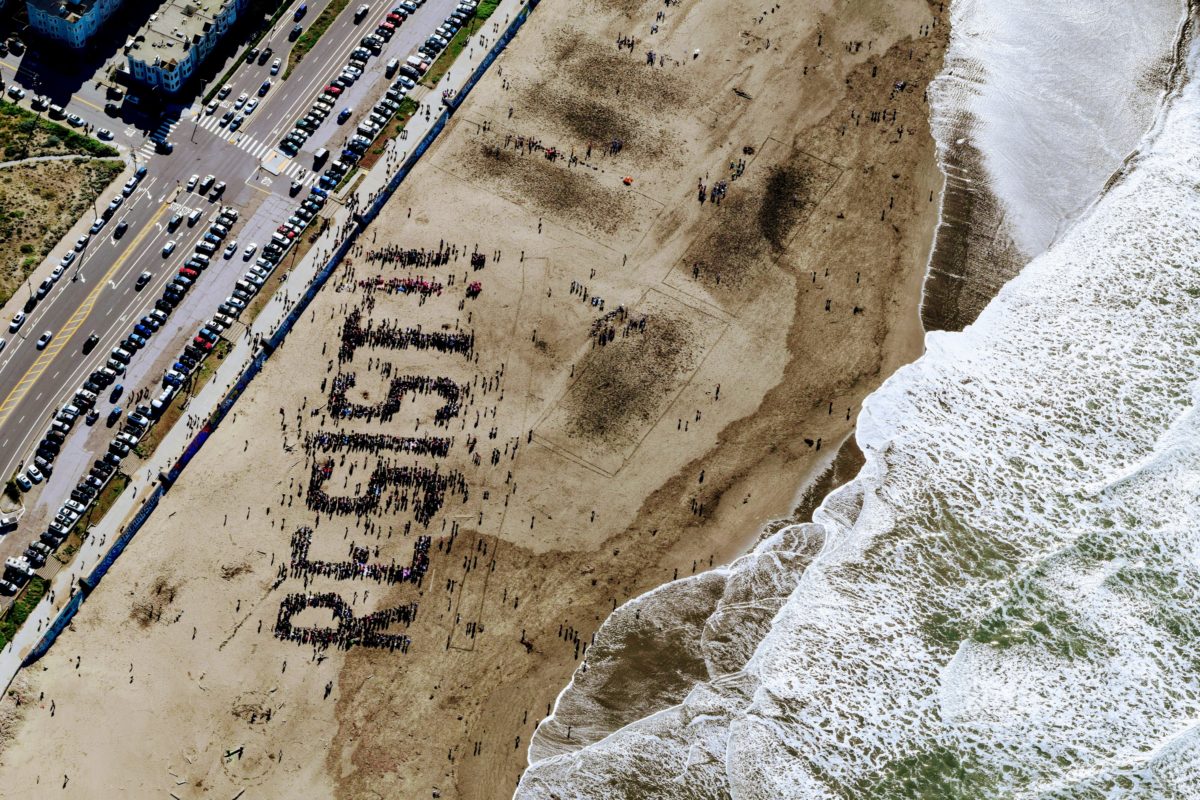
Carbon Offsetting: A Real Solution or Just Greenwashing?
Read more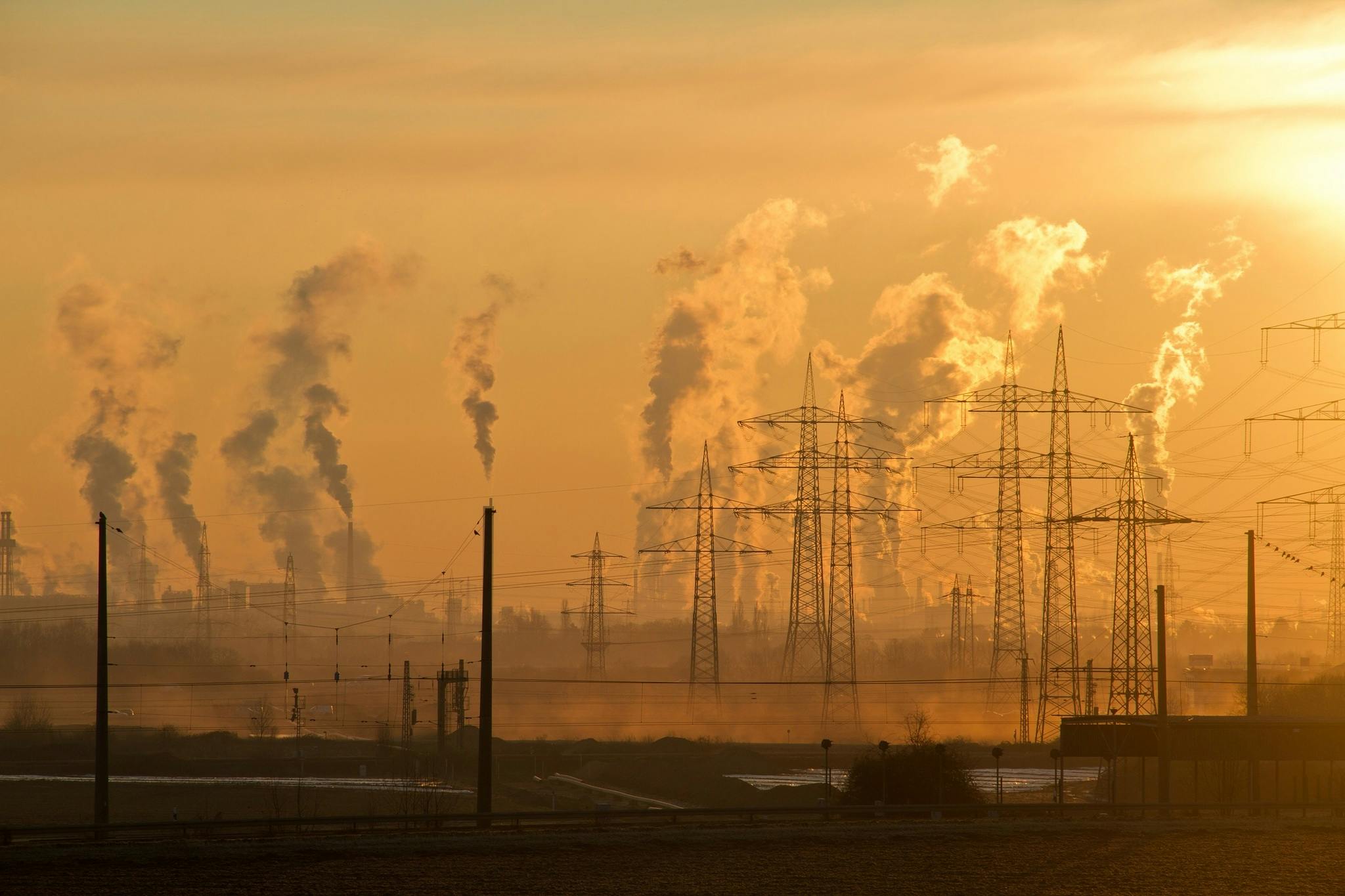
Four New AI Trends in Fashion
Read more
3 musicians rocking their environmental impact
Read more
Digital fashion: just a booming phenomenon or a future trend?
Read more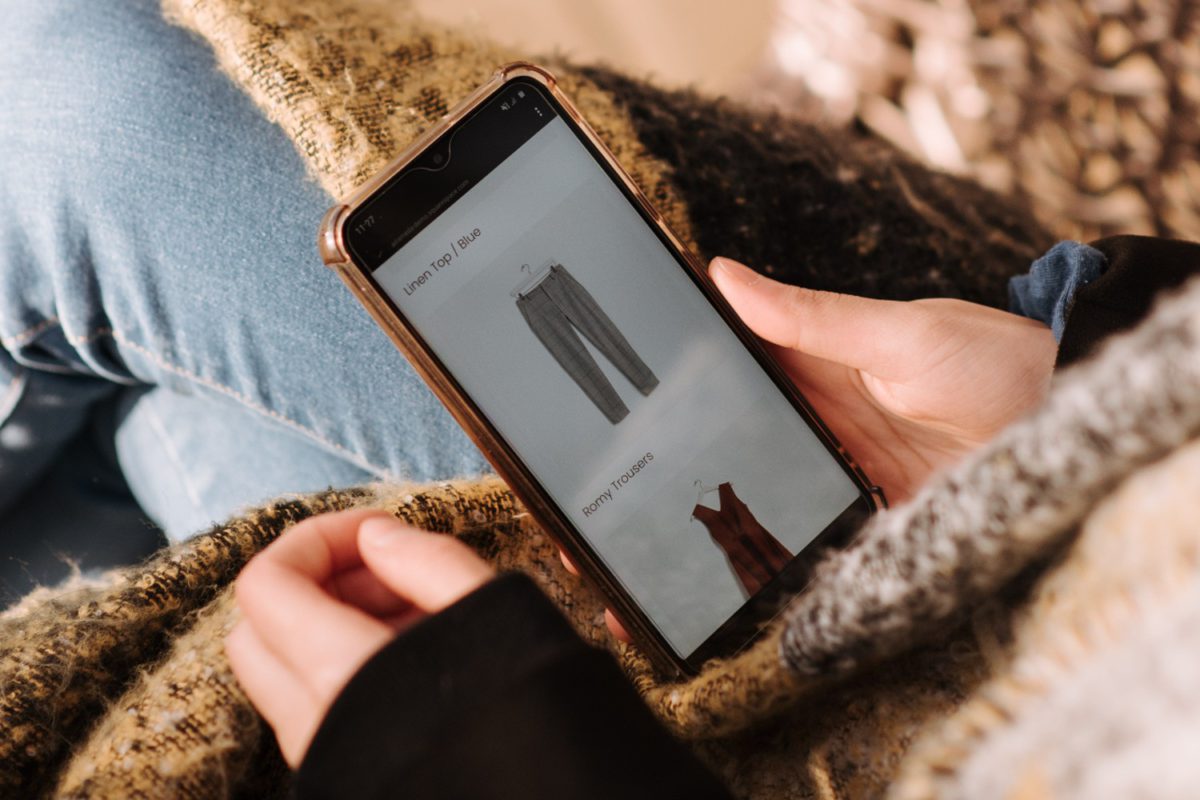
Biophilic Design: The Future of Greener Living Spaces
Read more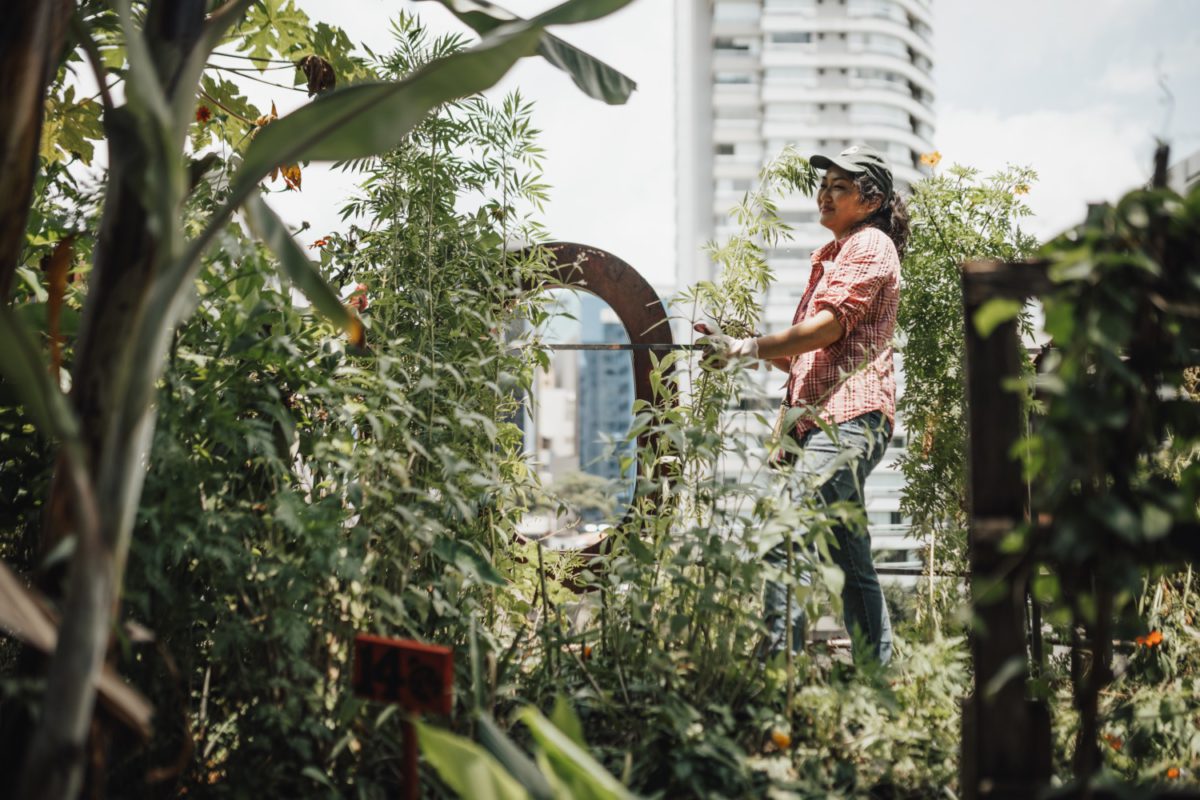
3 Must-Have Skills for the Booming Green Jobs Market in Fashion & Design
Read more
Virtual Influencers: A new form of Green Activism
Read more
Genderless Fashion: Fad or the Future?
Read more
The uneven storm: why climate change doesn’t break on every shore the same way
Read more
The Art of Underconsumption: embracing minimalism during “deals month”
Read more
What Are Ecolabels in Fashion and Home Décor? A Beginner’s Guide to Labelling & Transparency
Read more
Should We Explore the Ocean or Space First? Why the Future Lies Beneath the Waves
Read more
5 Positive Environmental Podcast Episodes for Earth Day
Read more
3 of the Most Sustainable Communities in the World
Read more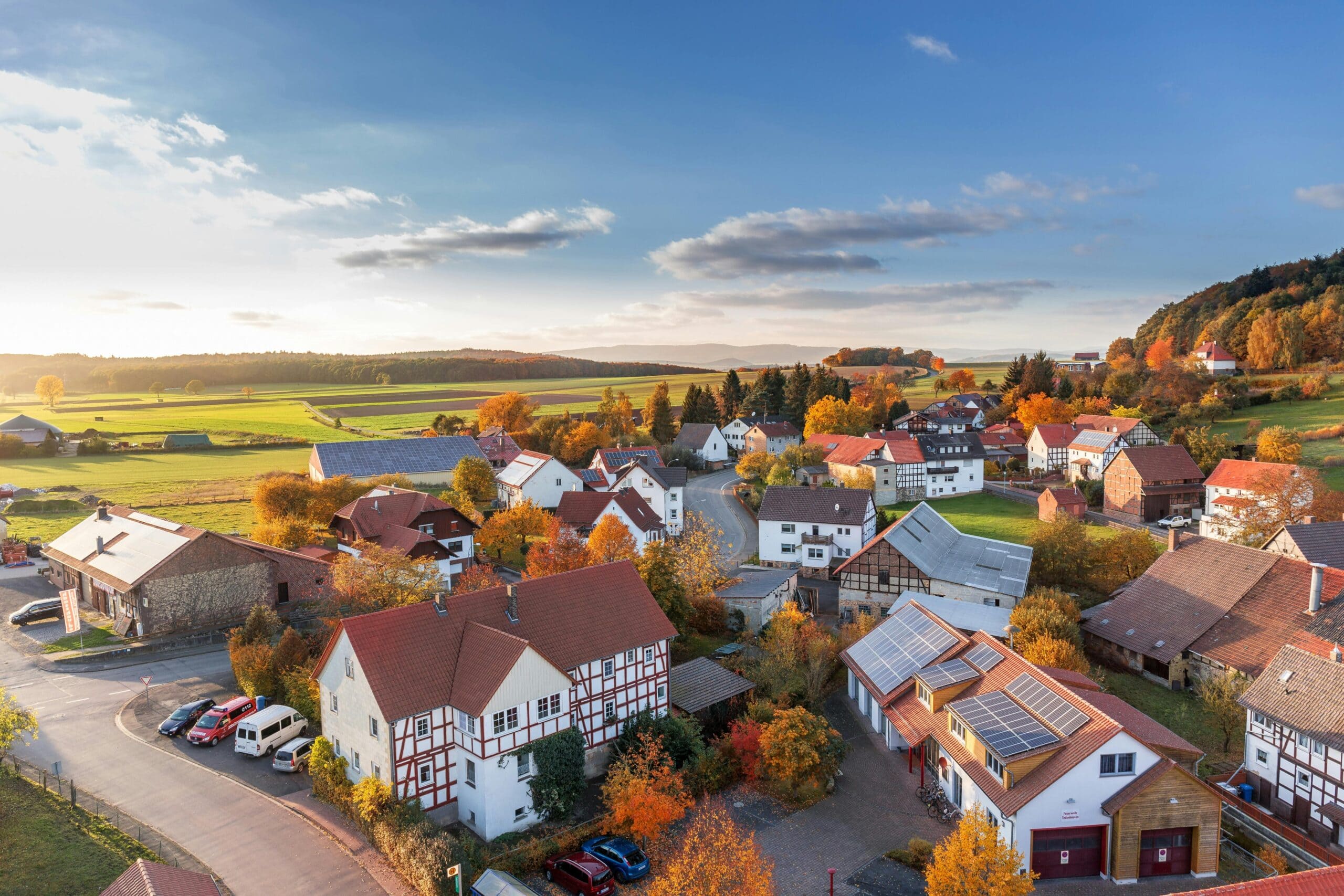
The Dangerous Journey of Microplastics: From Our Daily Routine to the Environment
Read more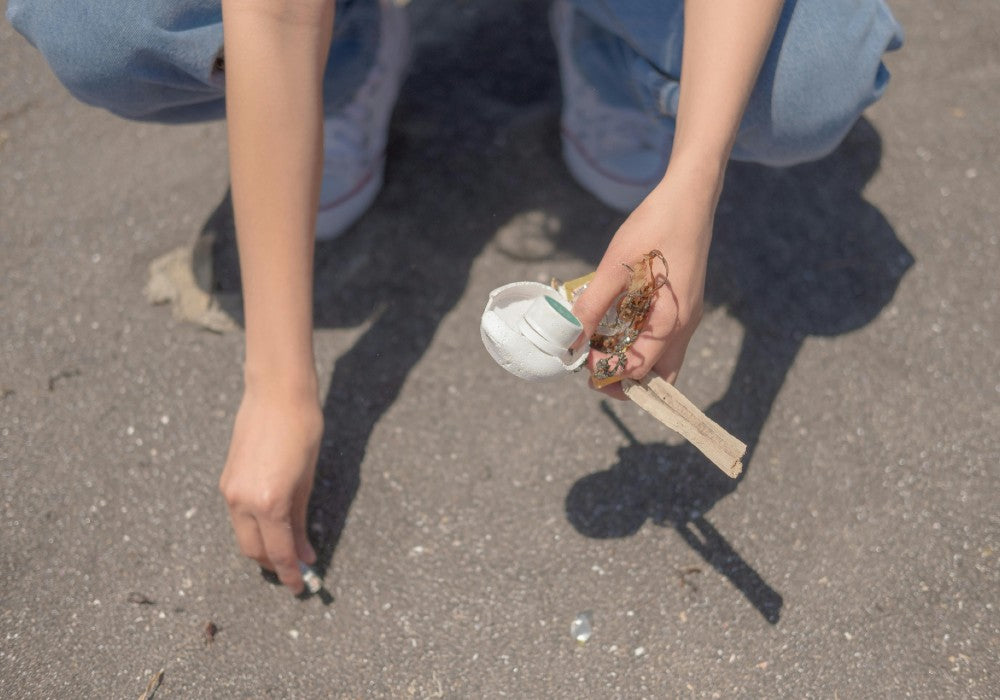
5 must-watch sustainability documentaries: learning while being entertained
Read more
The “pop” side of sustainability
Read more
Is Your “Eco-friendly” Product Hiding a Dirty Secret?
Read more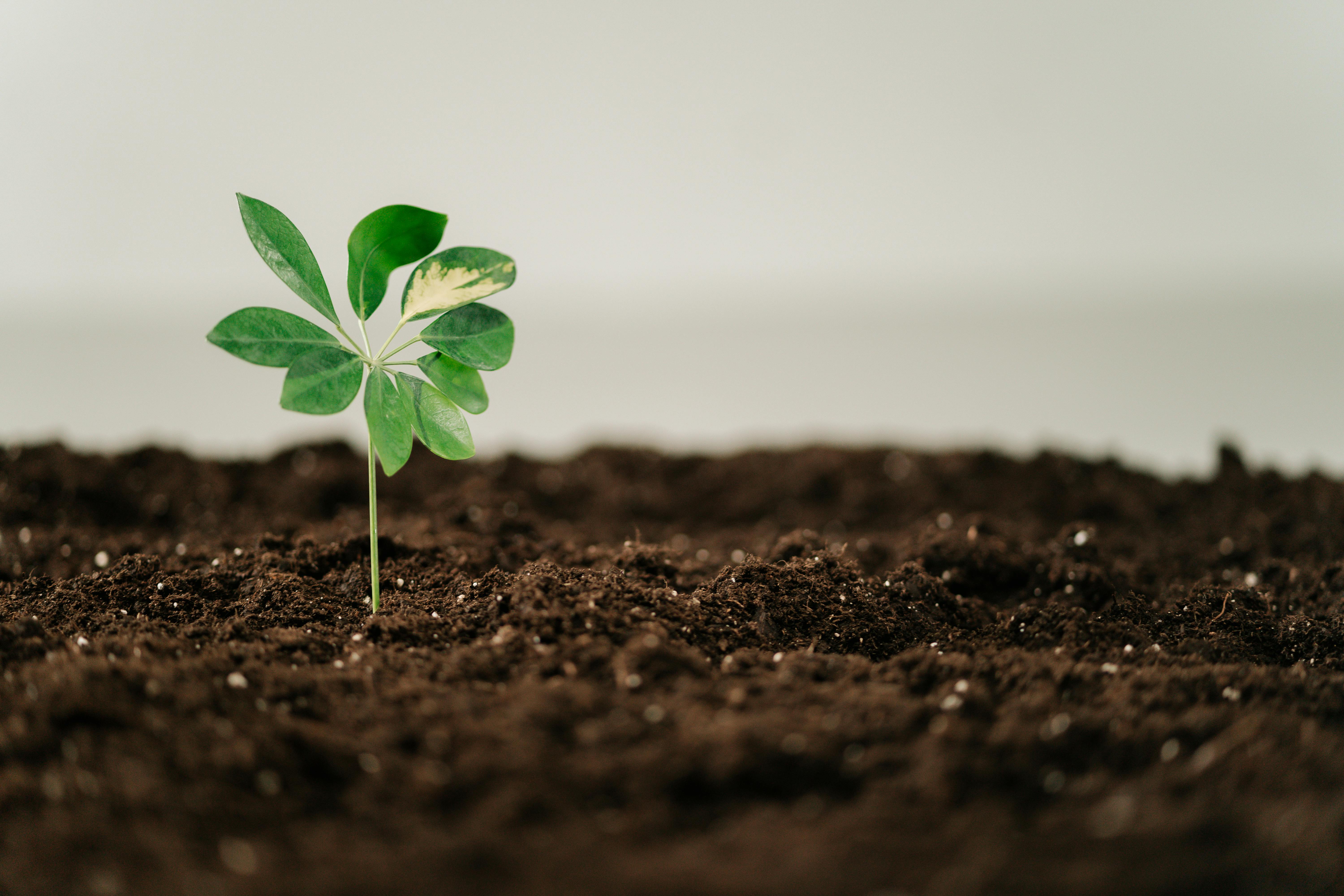
The urgency of sustainable living and why we can't wait
Read more
What is human-nature interaction, and why is everyone talking about it?
Read more
Why Is a Living Wage Essential to Sustainable Fashion?
Read more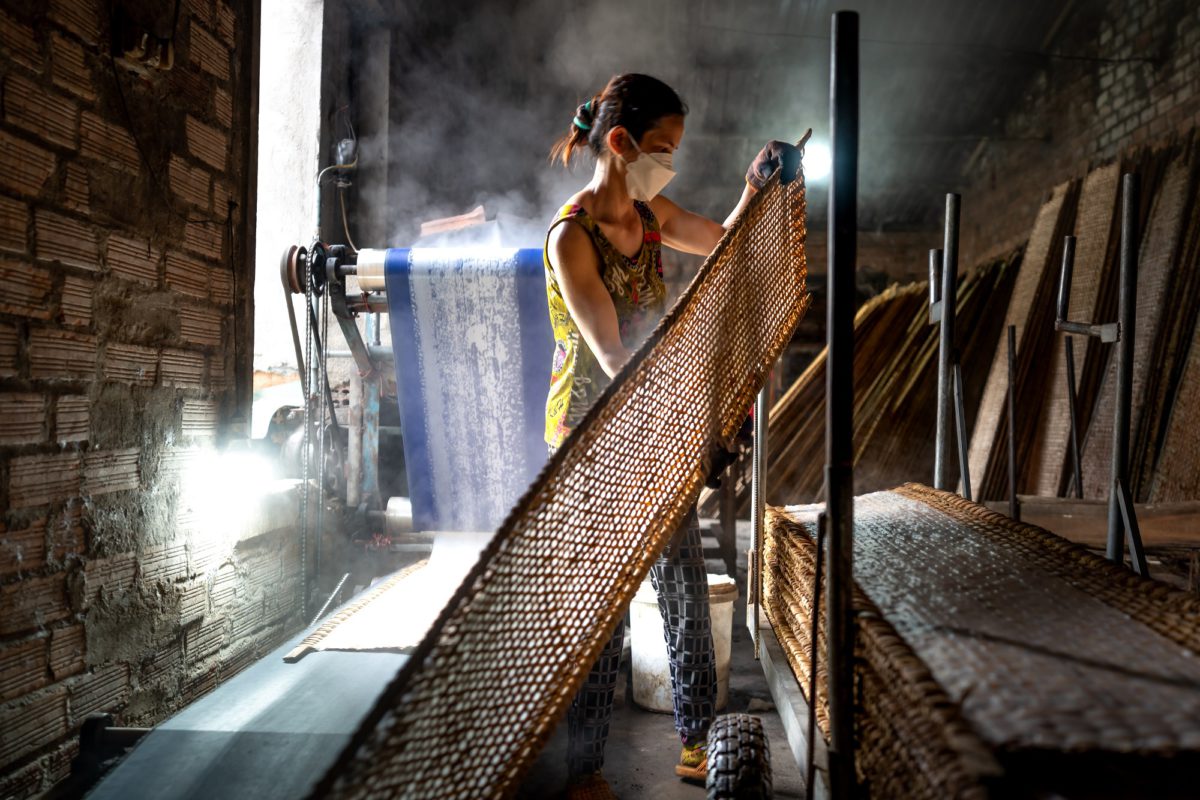
The Other Hidden Costs of Non-Green Fashion in Developing Nations
Read more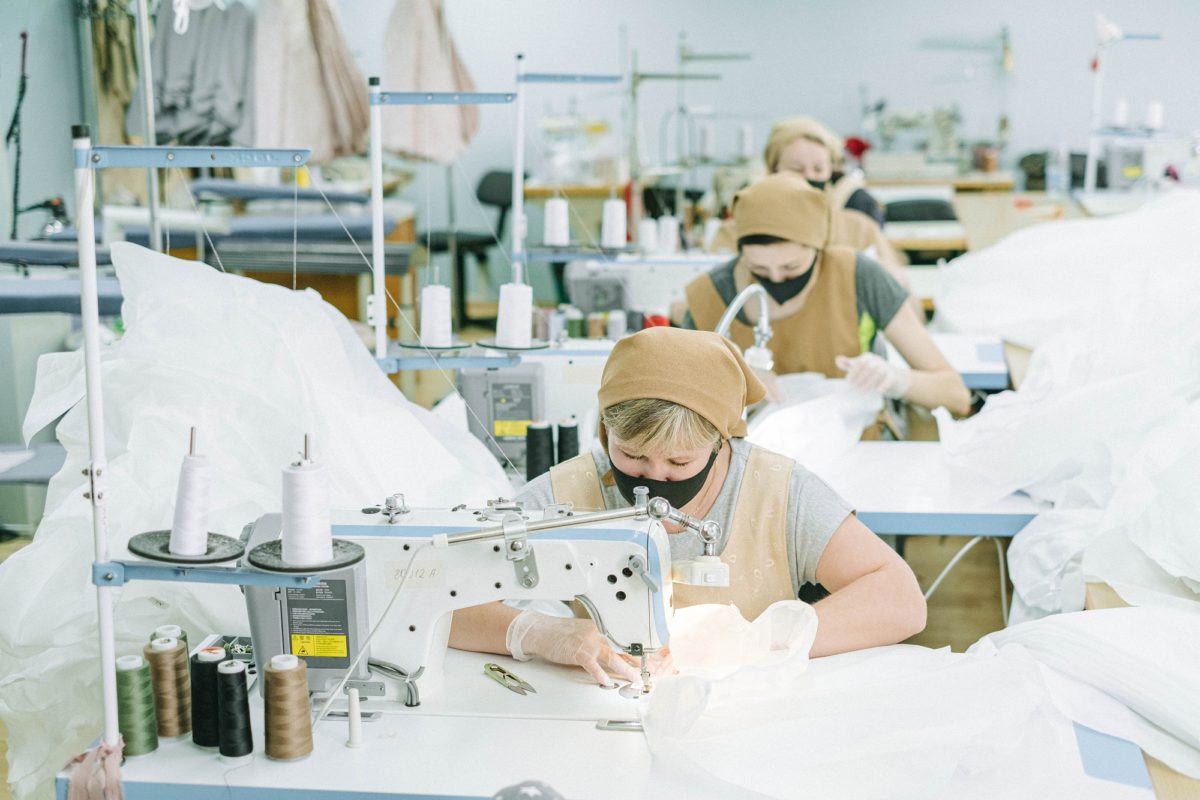
Fashion Weeks Are Starting to Take the Lead for a Sustainable Future, but Is It Enough?
Read more
3 Eco-Friendly and Ethical Jewelers You’ll Fall in Love With
Read more
Behind the Curtain: Is Rental Fashion Truly Sustainable?
Read more
Plant-Based vs. Vegan clothing: All you need to know
Read more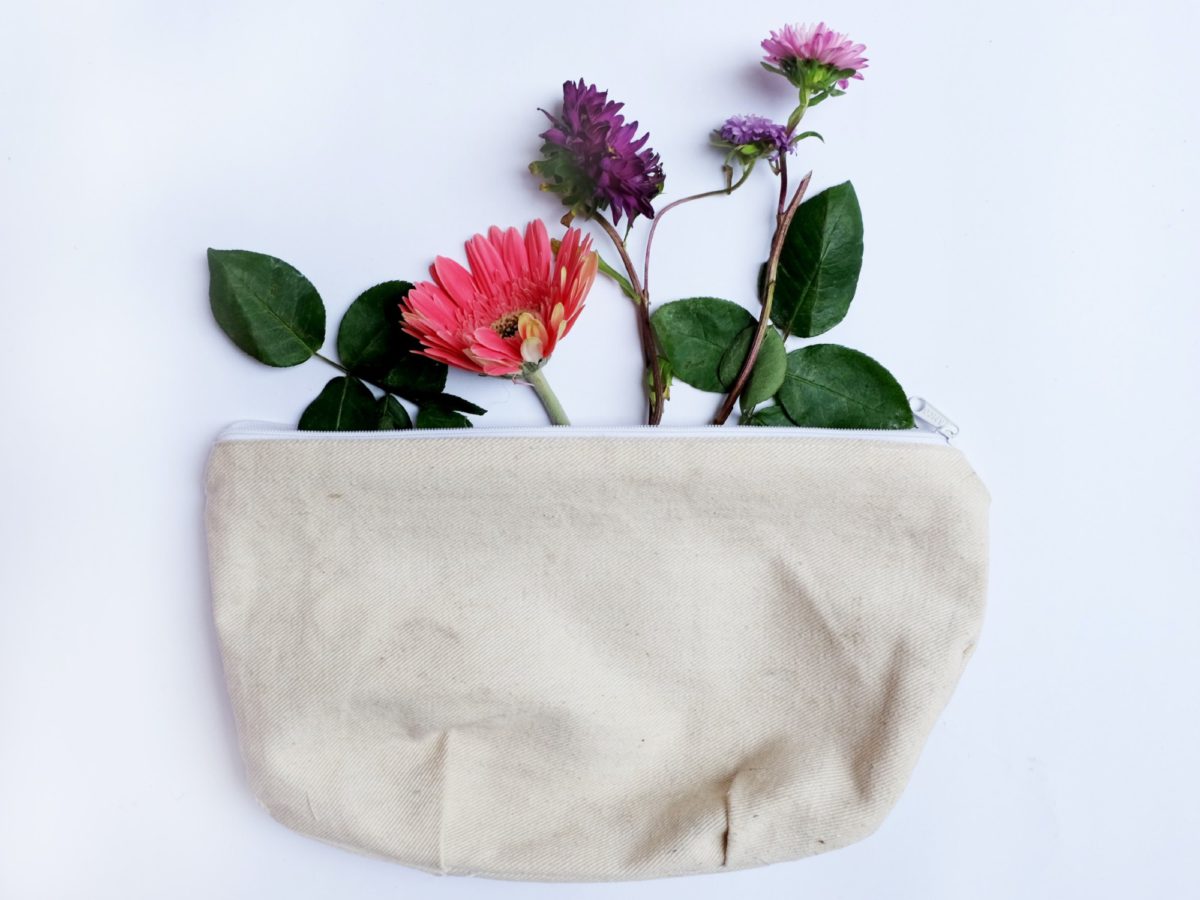
Science and Sustainability: Is 3D Printing the Answer
Read more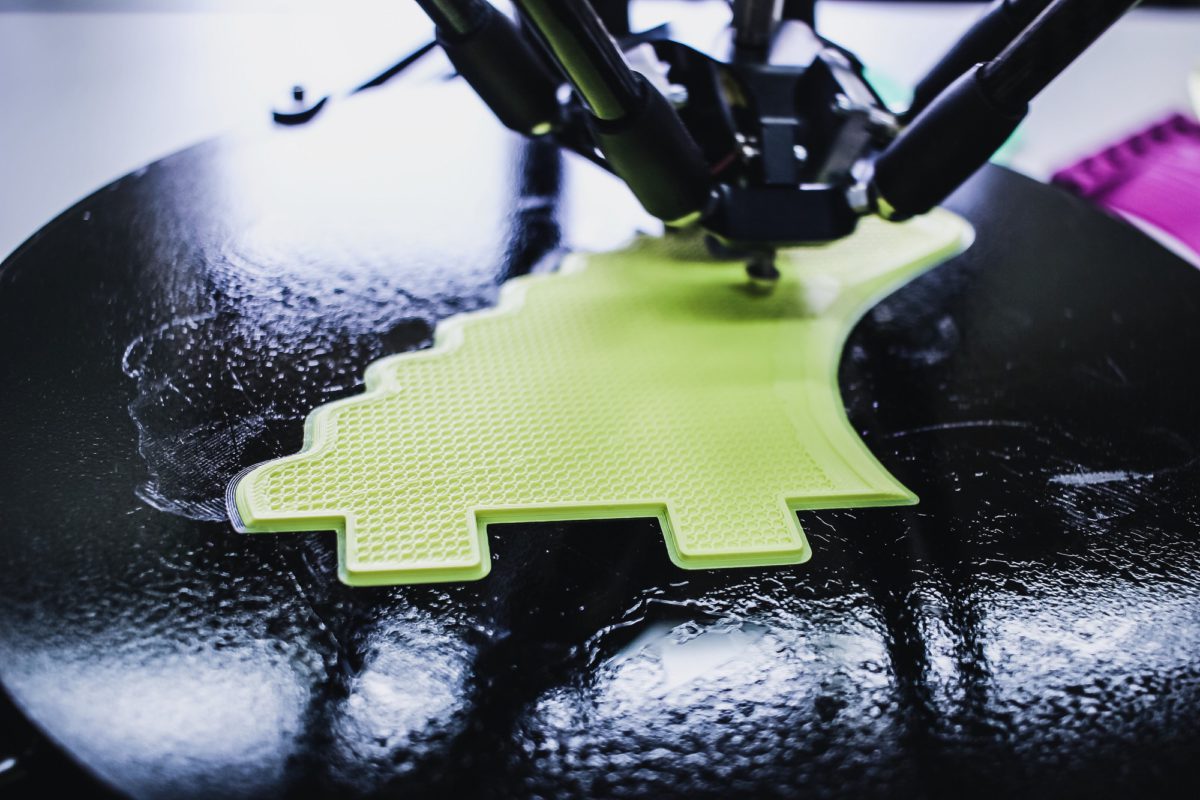
"Il Mare Artigiano": A Journey Between Art and Sustainability
Read more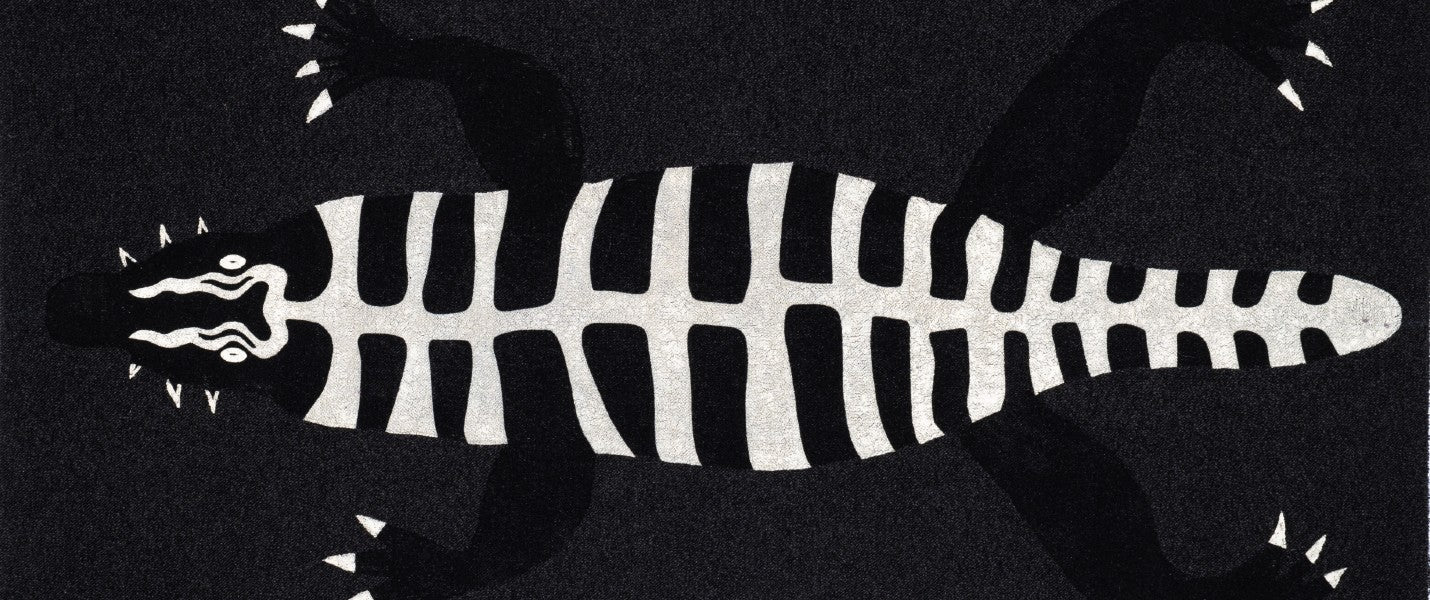
Stories of Innovation: An Interview with Giulio Bonazzi
Read more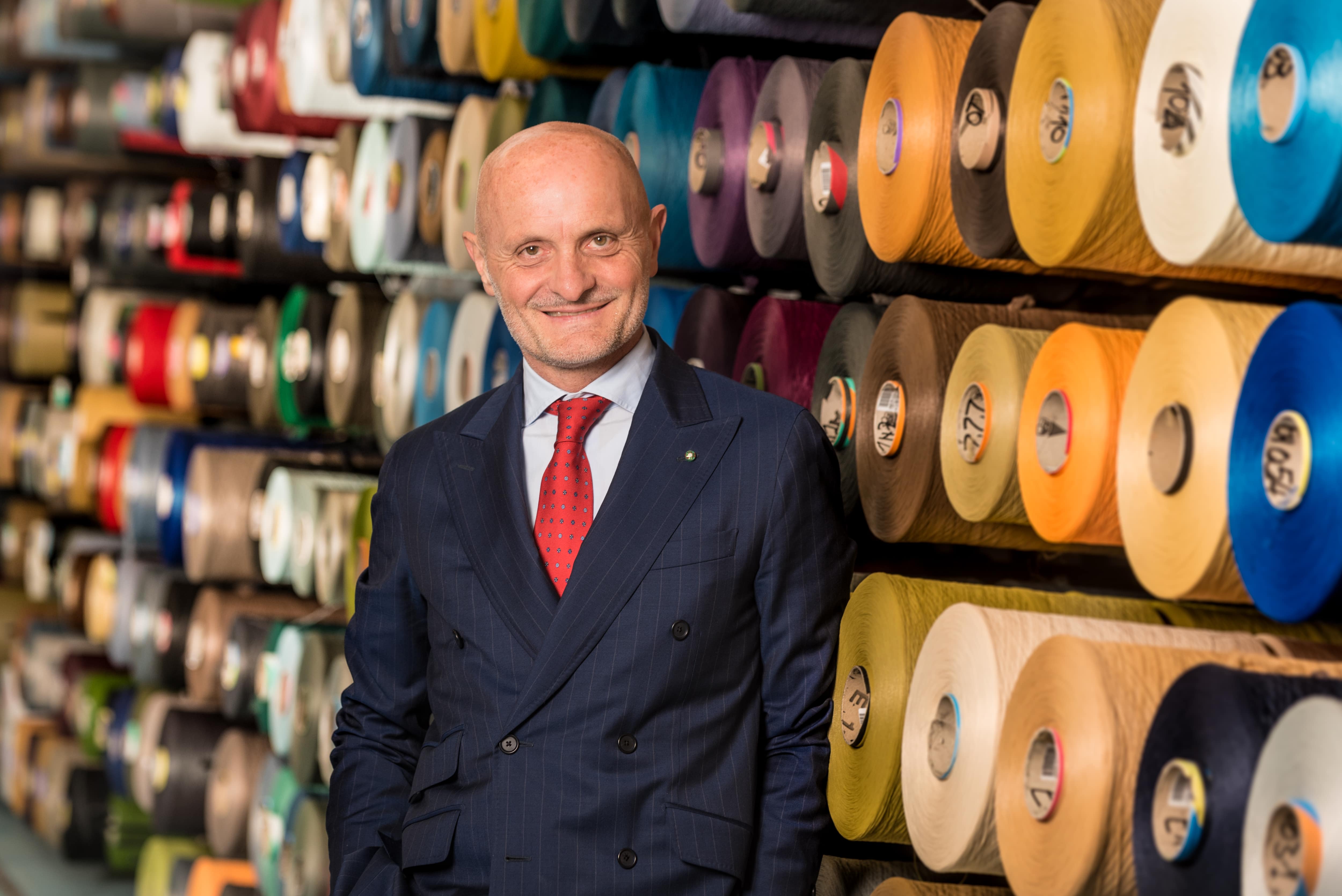
This Week’s Brand Spotlight: GoofyPRO
Read more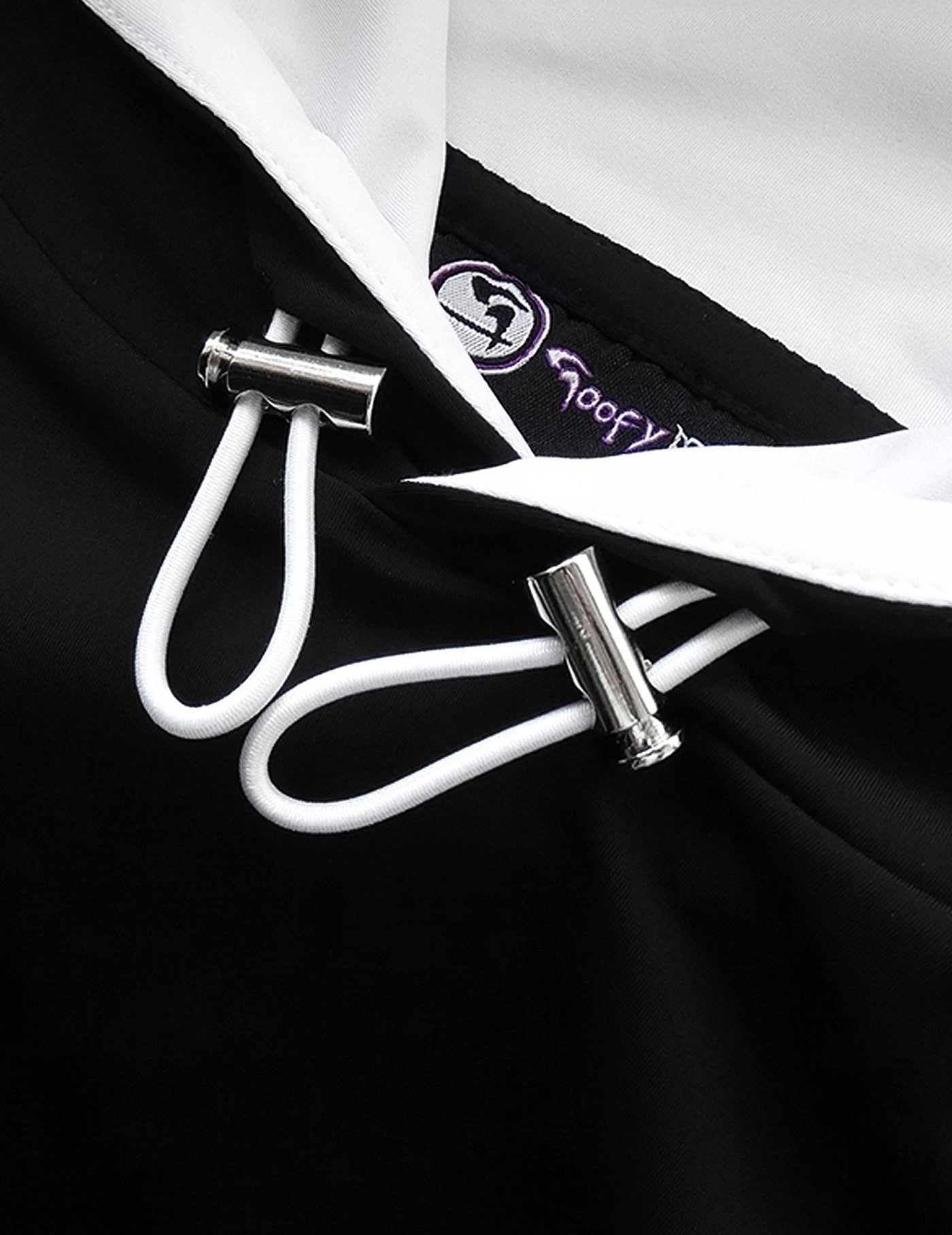
From Depths to Designs: The Healthy Seas® Mission
Read more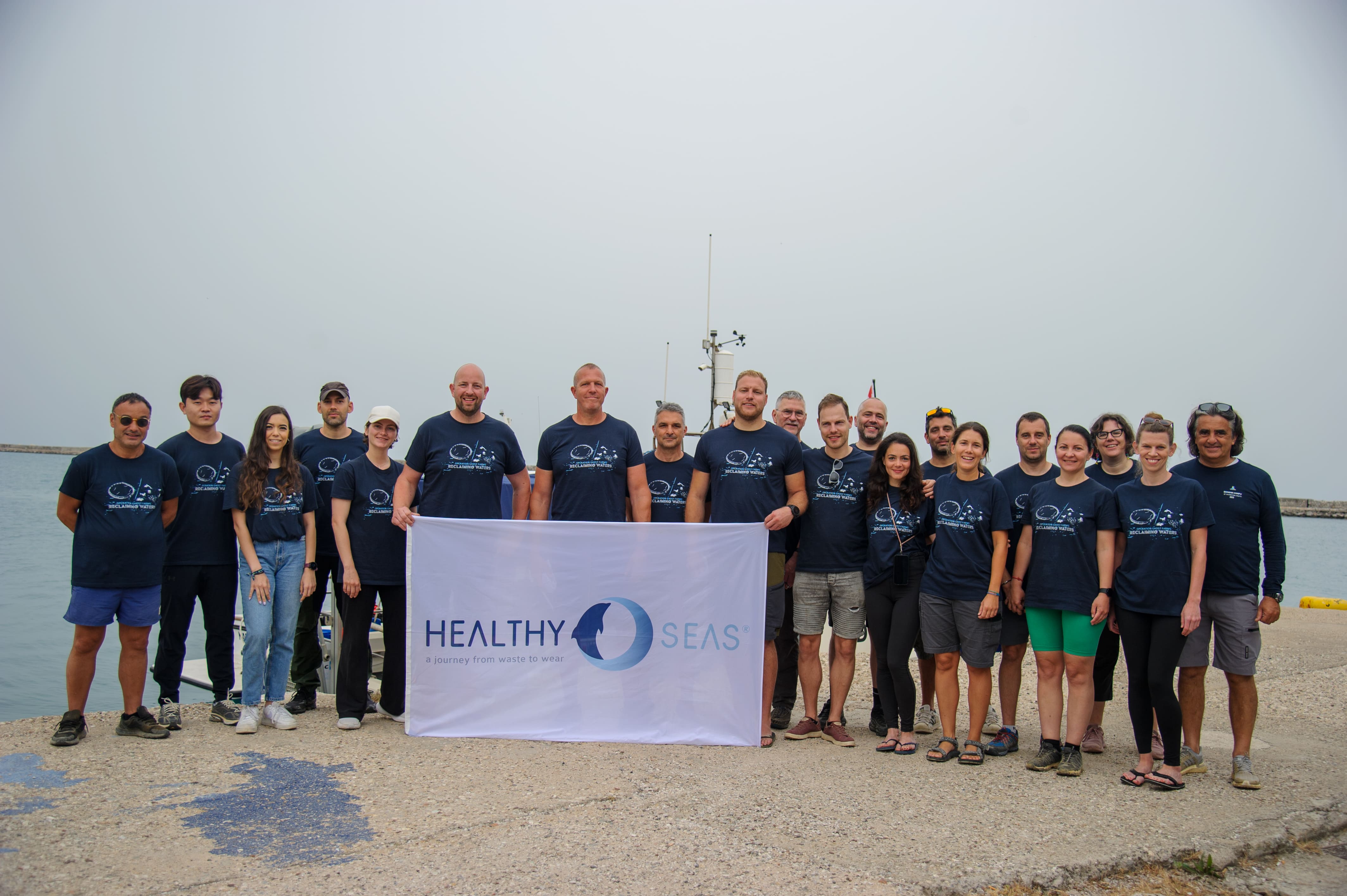
60 Billion Garments Get Thrown Away Each Year. Some Brands Are Taking Urgent Action
Read more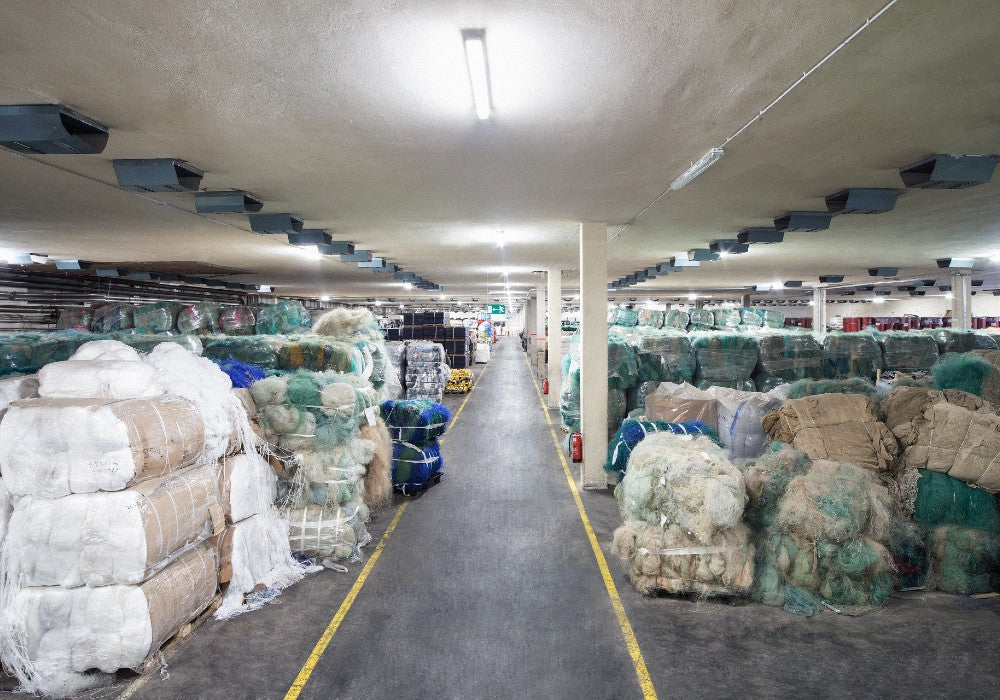
This Week’s Brand Spotlight: New Weave
Read more
This Week’s Brand Spotlight: Bailey Berry
Read more
This Week’s Brand Spotlight: Sirène Égéenne
Read more
A Decade of Impact: Healthy Seas and the Brands that Drive Change
Read more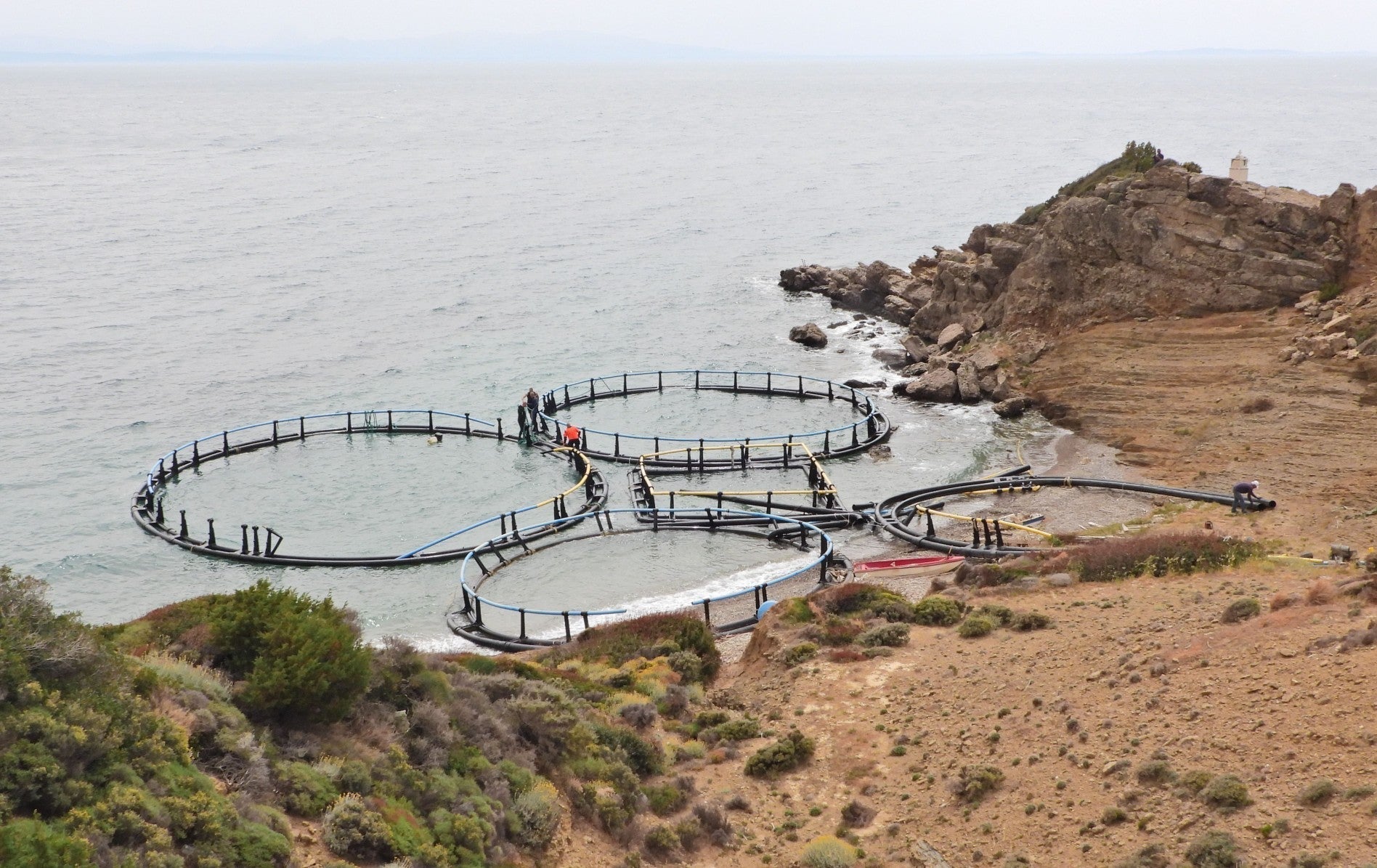
An Earth Day Spotlight: 5 Fashion Brands that are Investing in our Planet
Read more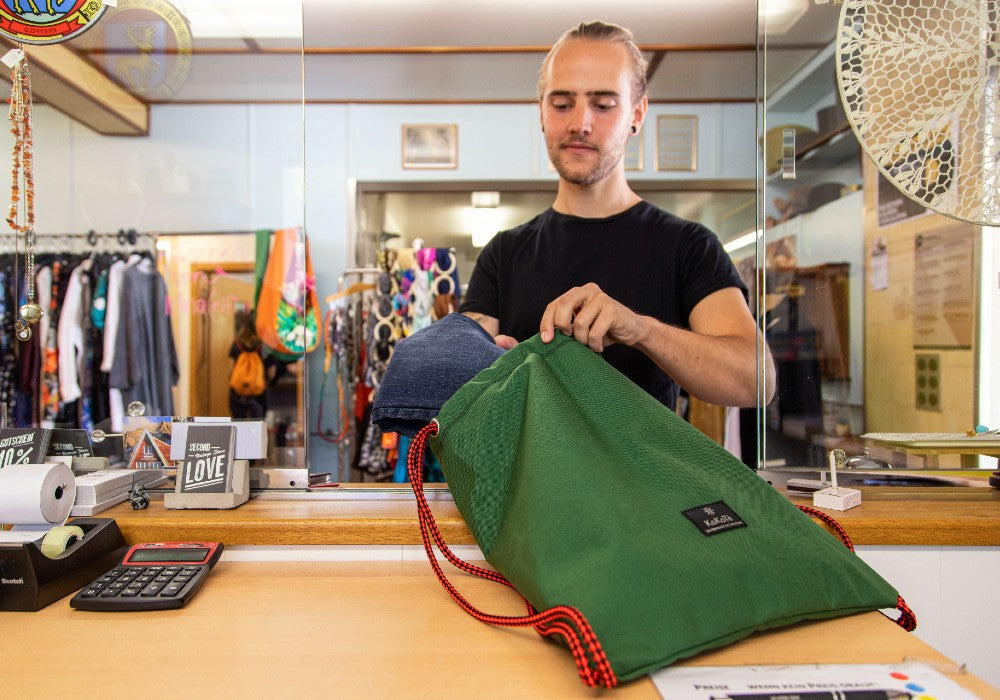
High-End Fashion Brands Are Pushing Greener Practices to the Runway
Read more
An Old-World Art Piece Finds a New Beginning
Read more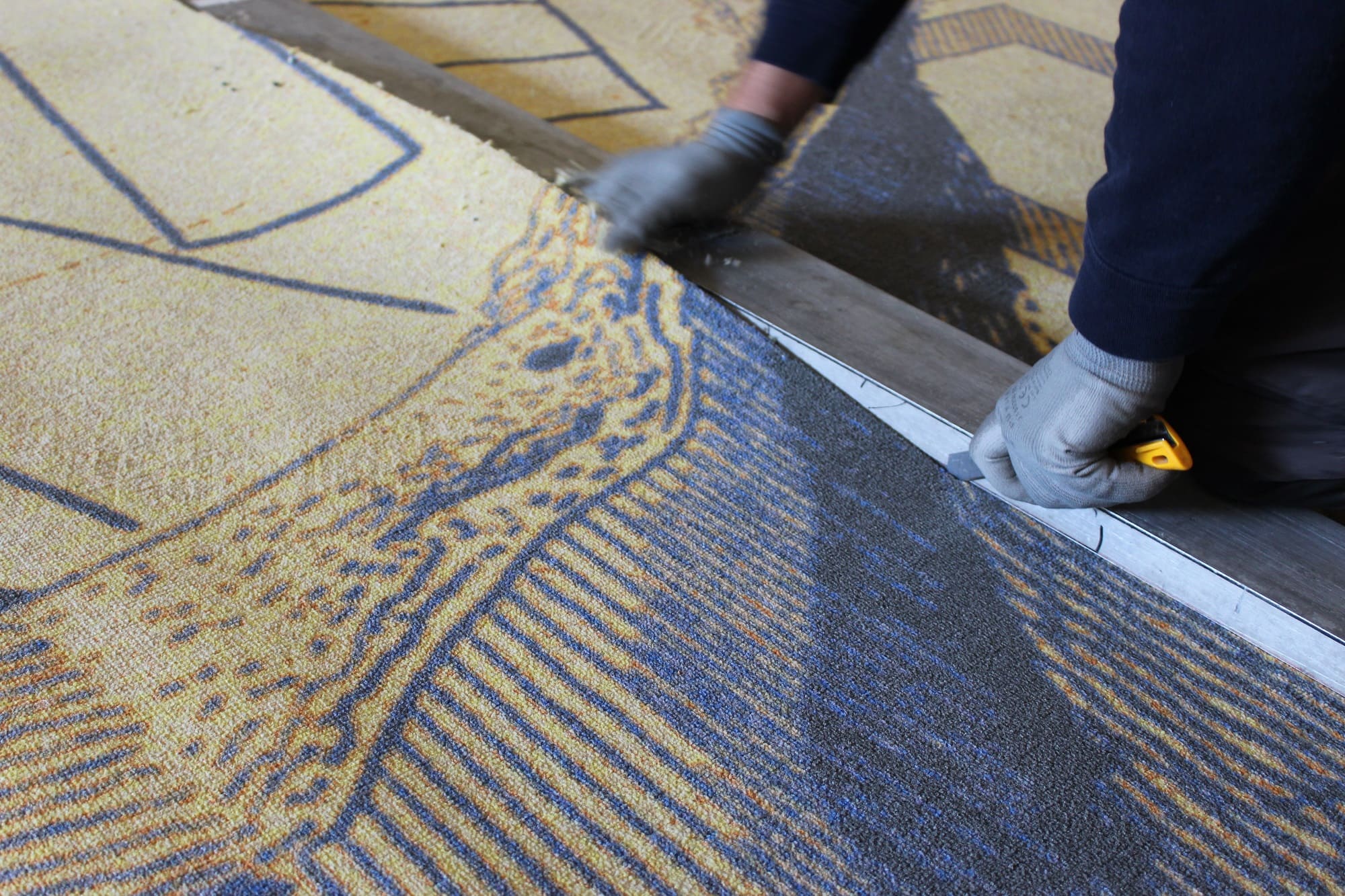
This Week’s Brand Spotlight: Botanical Beach Babes
Read more
This Week’s Brand Spotlight: KoKoTé - meaningful, stylish and sustainable products
Read more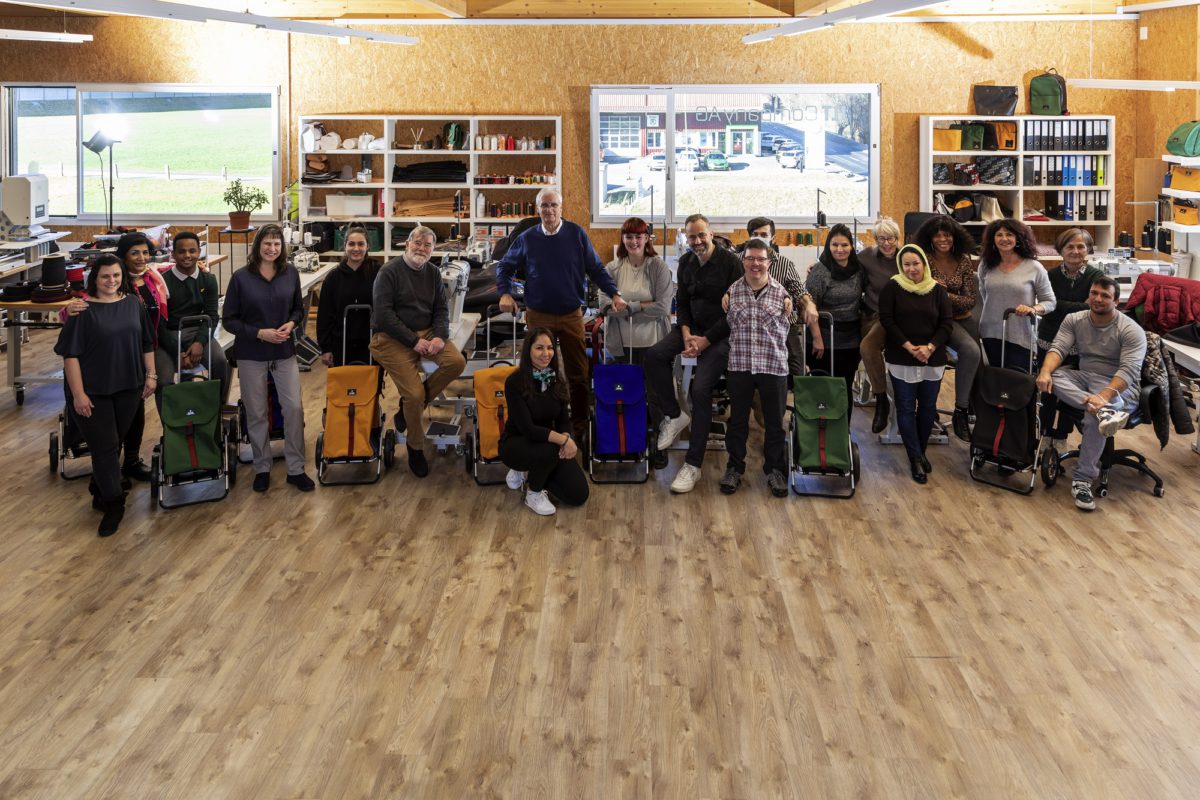
This Week’s Brand Spotlight: Hey Sport
Read more
This Week’s Brand Spotlight: noho
Read more
Climate-Friendly Outfits for the Outdoor Lifestyle
Read more
A Journey into the ECONYL® Regeneration System
Read more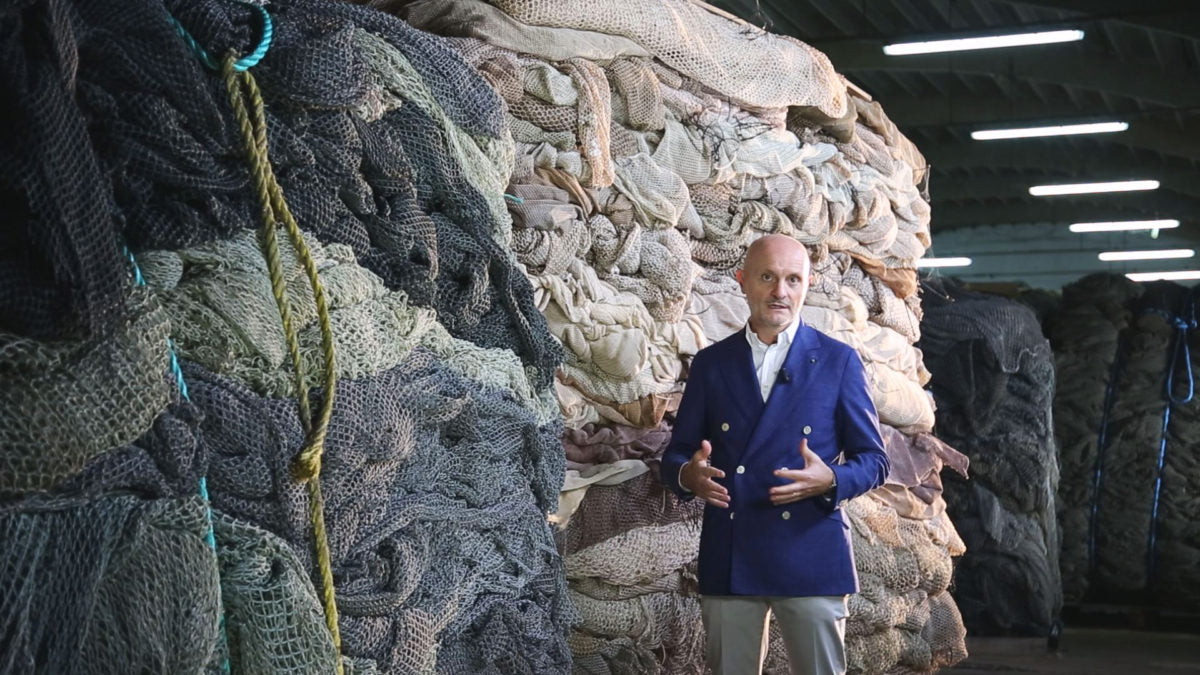
Pre-consumer Material
Pre-consumer (also called post-industrial) material is waste diverted from the manufacturing process before the product is completed.
Eco Labels
Eco labels are certifications or marks that identify products meeting specific enviromental or social standards
B-Corporation
B Corporation assesses companies on their entire environmental and social performance.
Biodegradable
Something that breaks down or decays naturally without any scientific treatment.
Bluesign®
Global product certification system that is focused on safe use and sustainability labeling of chemicals used in fabrics.
Botanical
A substance obtained from a plant, typically extracted to produce textile materials, medicinal or cosmetic products.
Carbon Neutral Building
To achieve a carbon-neutral building, the usage of green electricity is a sustainable way of reducing greenhouse gas emissions.
Carbon footprint
To lower your carbon footprint, consider avoiding car journeys as each litre of fuel burnt in a car engine emits over 2.5 kg of CO2 and choose walking or cycling.
Certified
A certified product, process, material or service has been verified (usually by an external body) and is guaranteed to have certain attributes.
Collective Action
When a group of people takes action together in order to accomplish a shared objective.
Craftsmanship
The rapid rise of fast fashion and its industrial processes has led to the decline of some traditional craftsmanship.
Eco Design
Designing a material or product whilst considering environmental sustainability.
End of usage
When a product or material has reached the full potential of its current use, it enters a phase called end of usage and it could be disposed of.
Ethical Labor
Fair and decent working conditions, covering areas including health and safety, equality and anti-discrimination, unionization, and employee wellbeing.
Female Empowerment
The brand partnered with a female empowerment charity to support and educate marginalised girls.
Global Organic Textile Standard (GOTS)
A standard that focuses on organic fibre production,
Greenhouse Gases (GHG)
Greenhouse gases are gases naturally present in the athmosphere like water vapour (H2O), carbon dioxide (CO2), and ozone (O3) among others.
Healthy Seas Member
Healthy Seas Members are helping drive consumer awareness of plastic pollution in the seas.
Local Production
Local production is a key way to foster skill and employment, as well as reducing the carbon footprint of a product.
Made in Green by OEKO-TEX®
A traceable product label for a variety of textiles and leather products including non-textile/-leather components
Made in Italy
A prestigious label that indicates a product has been designed and produced in Italy
Microplastics
Plastic debris can come in all shapes and sizes, but those that are less than 5 millimetres long (or about the size of a sesame seed) are called “microplastics”.
Modular Concept
The modular concept of the bag means that if the bag strap is worn out, it can be easily mended by an identical bag strap replacement.
Naked Packaging
It refers to a total absence of packaging on a product, or the use of very minimal packaging.
Organic
When products are treated with natural fertilisers and without pesticides, they are organic.
Recycle
To take an existing material and process it into a new product, through chemical or mechanical processes.
Repurpose
To repurpose something is to adjust the use of an item and extend its useful life
SDGS Applicable
When a product is designed to adhere to one or more of the 17 UN Sustainable Development Goals.
SDGs
Read moreSecond-Hand
A second-hand item is a product that has already been owned or used by others.
Sharing Economy
An economic model focused on sharing or providing access to underutilised goods and services, generally facilitated through online platforms.
Supply Chain
The entire journey from raw material to final product or service including the sourcing
Supporting Communities
Engaging with communities locally or remotely through a range of socially beneficial initiatives.
Traceability
The ability to track a supply chain or material back to its origins to see the movement of materials and the locations of production and manufacturing facilities.
Triple Bottom Line
The triple bottom line Is a sustainability-based accounting method focused on people and the planet as well as profit.
The Best Online Stores for Gender-Neutral Clothes (Summer Edition)
Read more
From Fast to Slow Furniture: 4 Sustainable E-Shops Worth Knowing
Read more
Your Ultimate Sustainable Shopping Guide
Read more
The 3 Best Sustainable Holiday Gift Ideas
Read more
The ultimate eco-friendly gift guide 2023
Read more
Step into tomorrow: Your ultimate guide to virtual shopping
Read more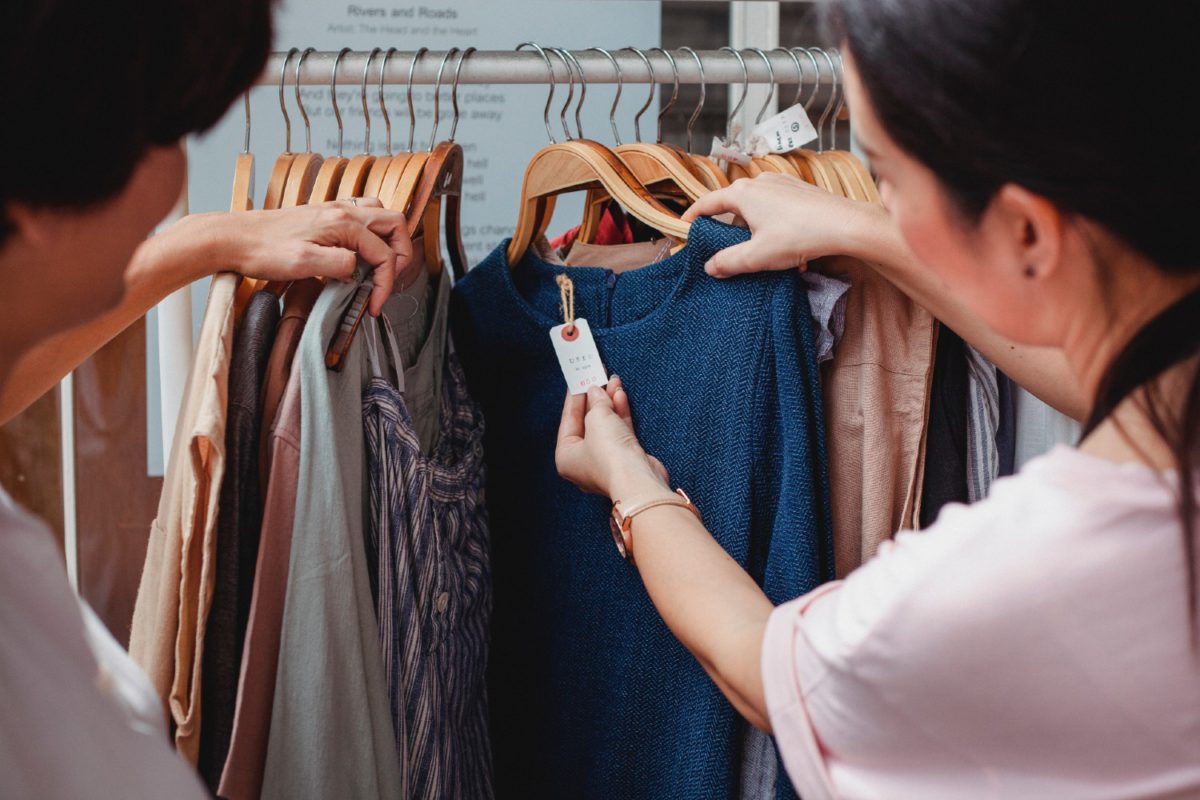
Redefining Streetwear: A More Conscious Urban Movement
Read more
Join a newsletter that inspires change
Step into the loop and unlock thoughtful insights, inspirations, and stories that connect.
Join now!Let your choices reflect your values.
Sale & offers
Exclusive perks and early private access.
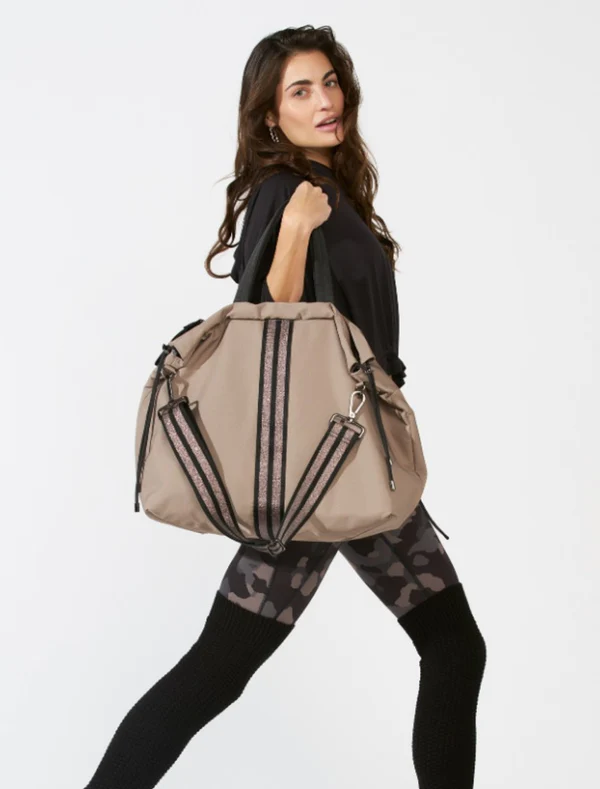
The Club
